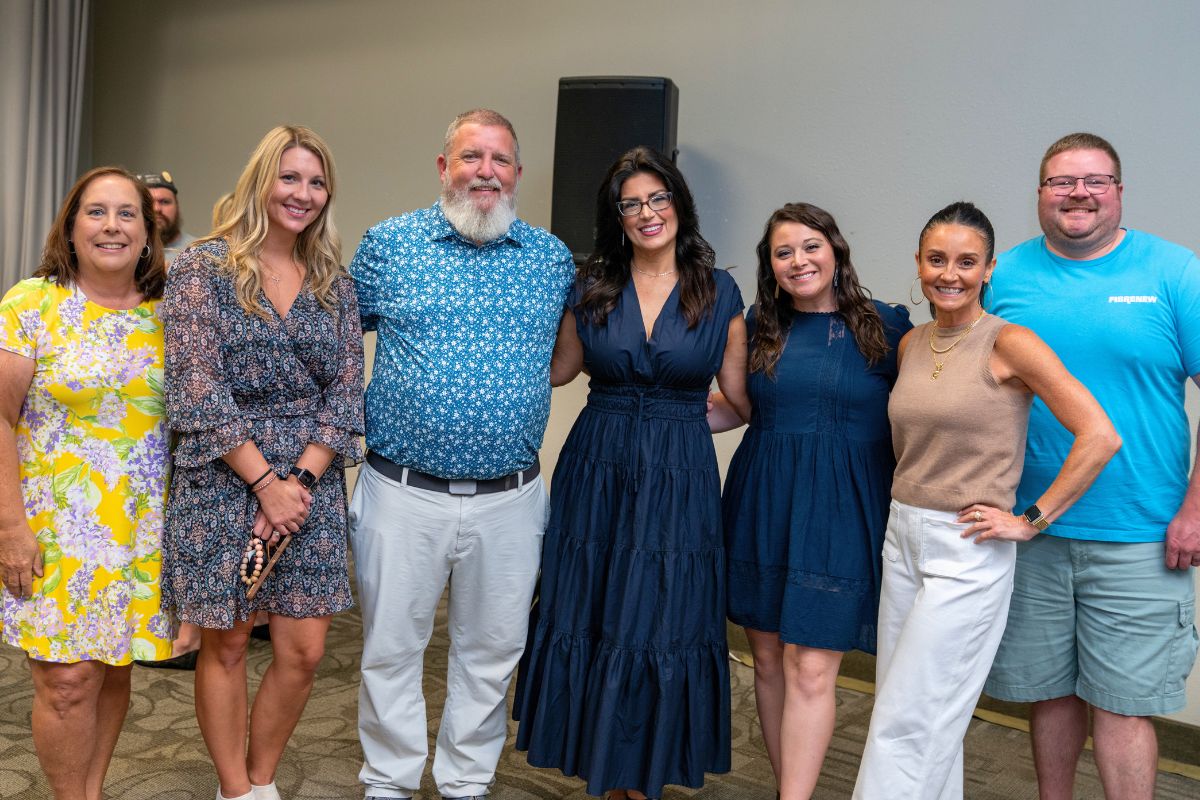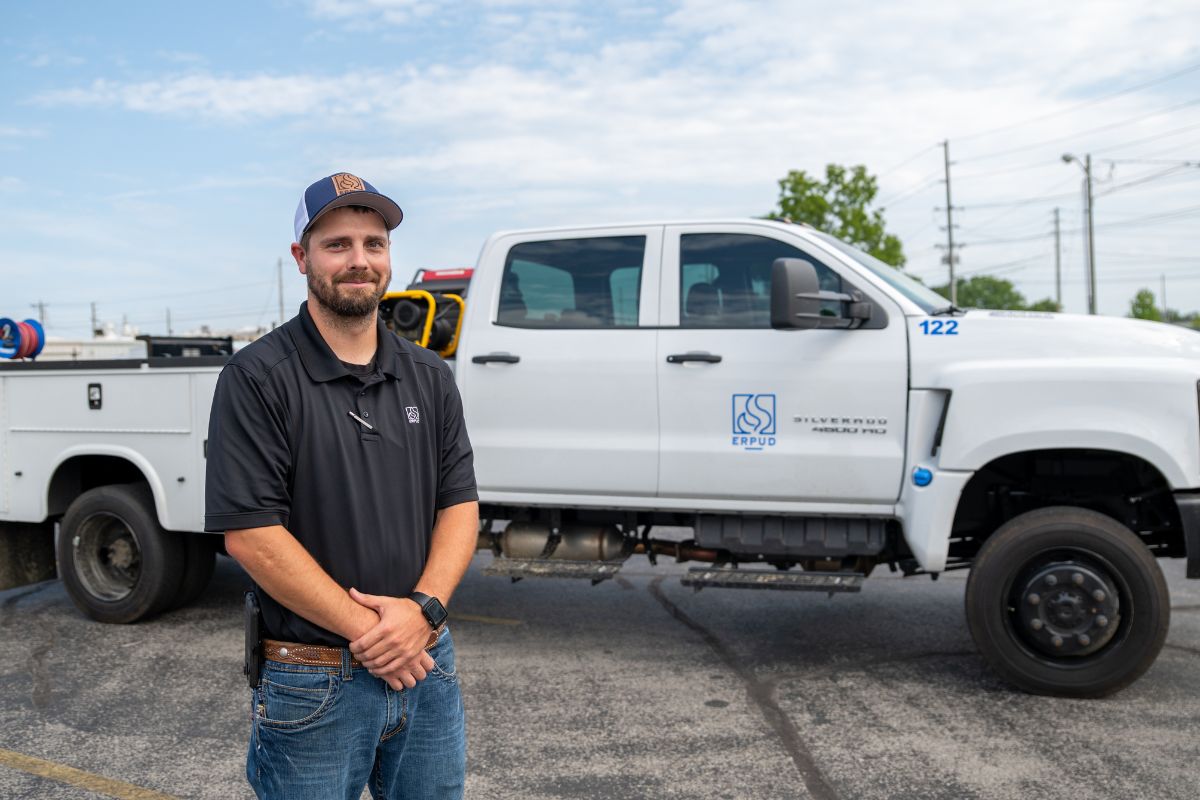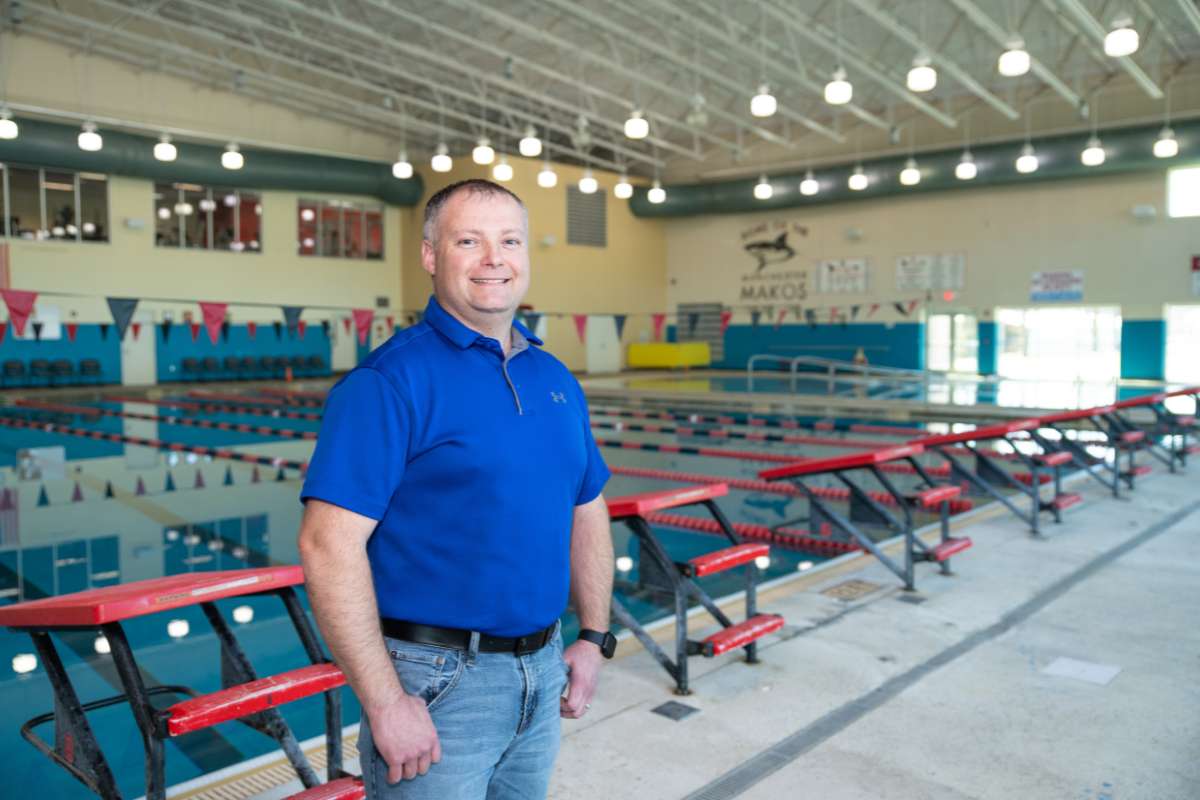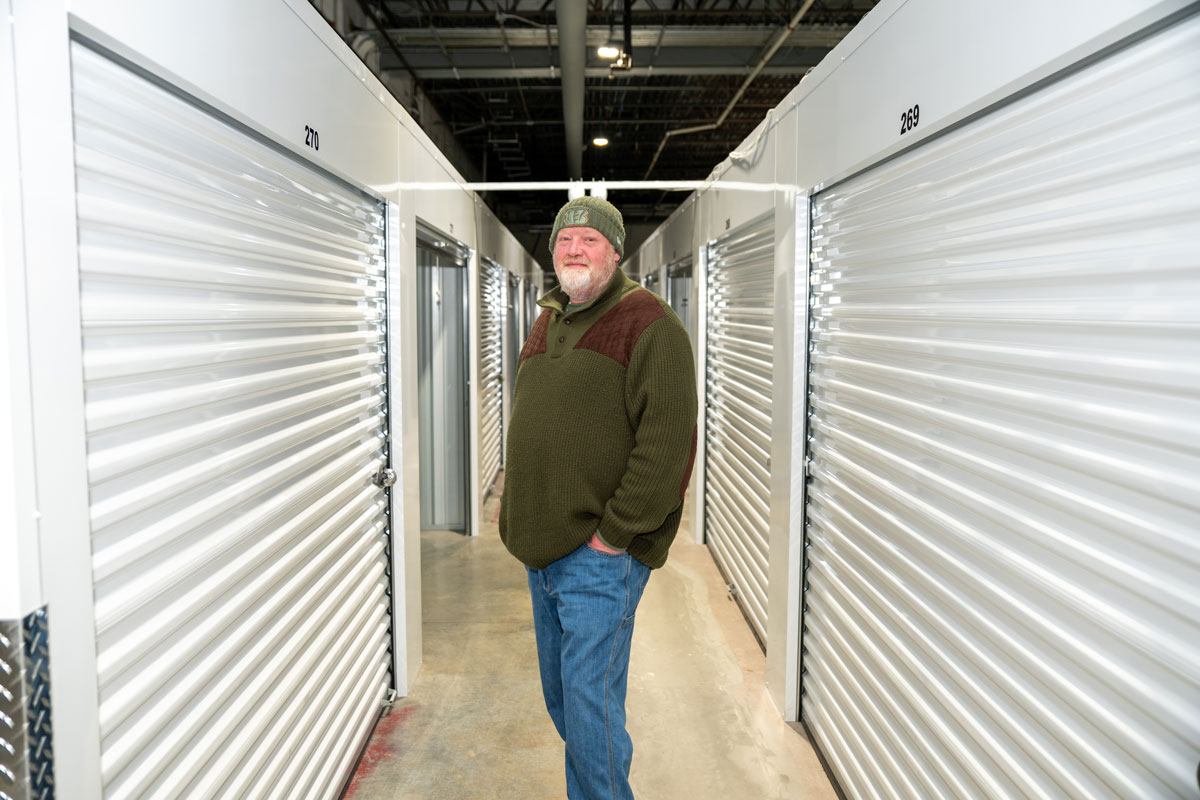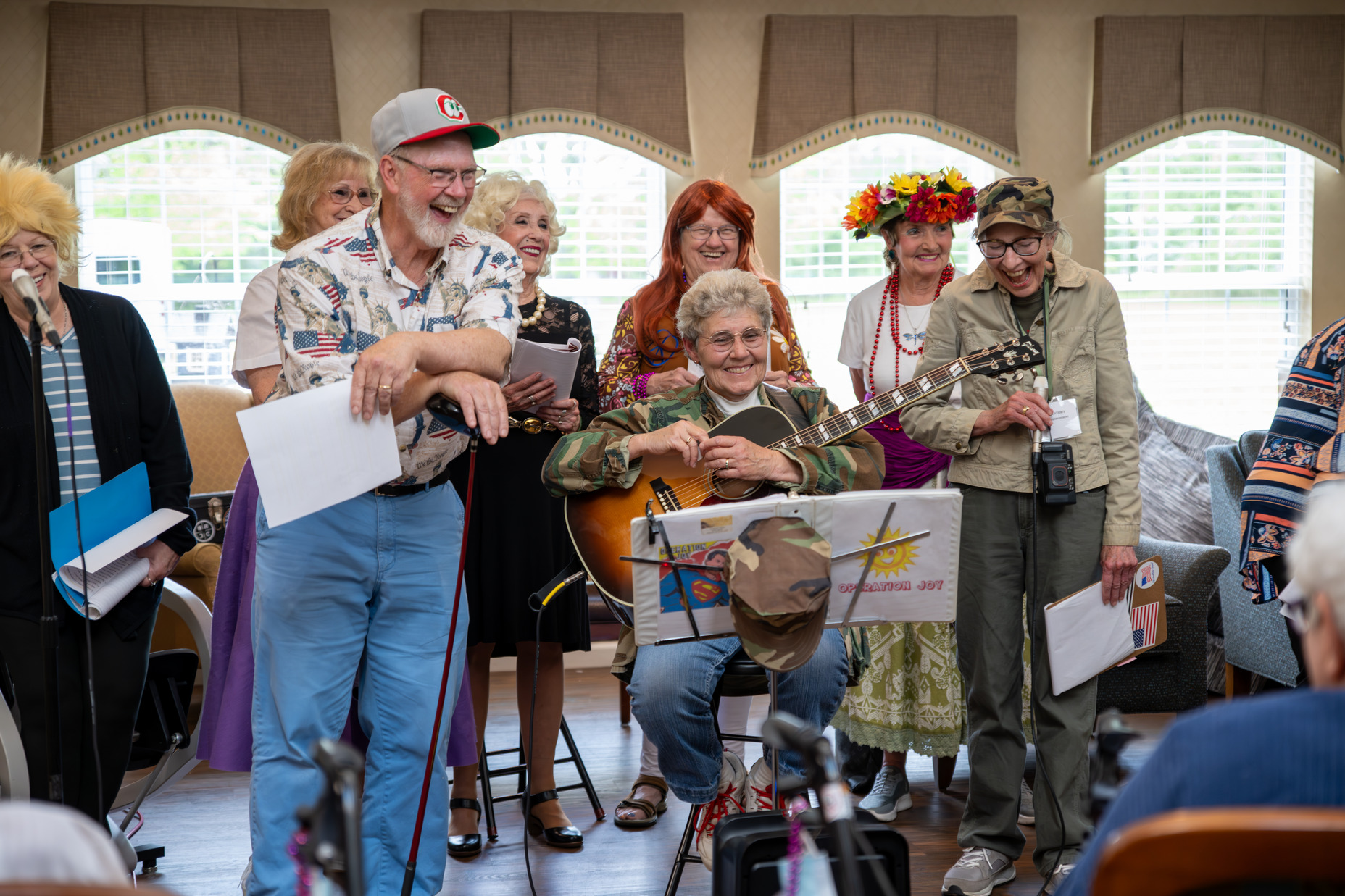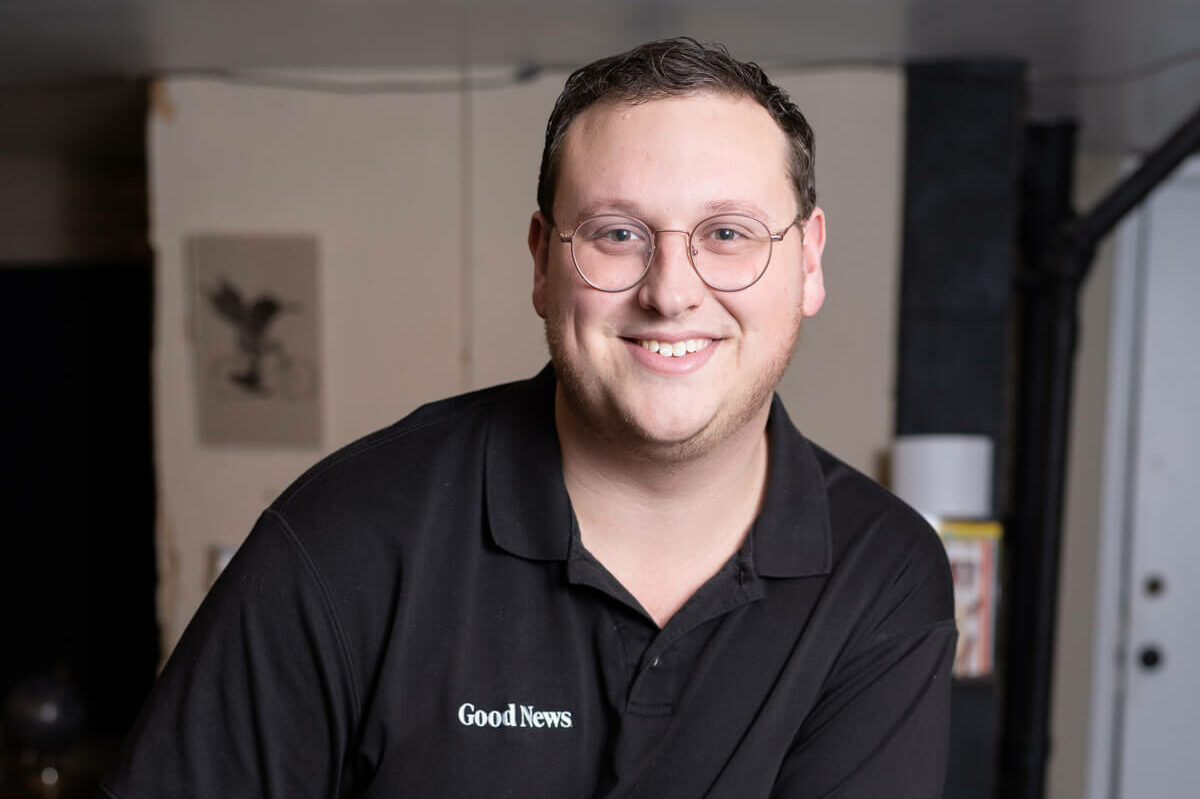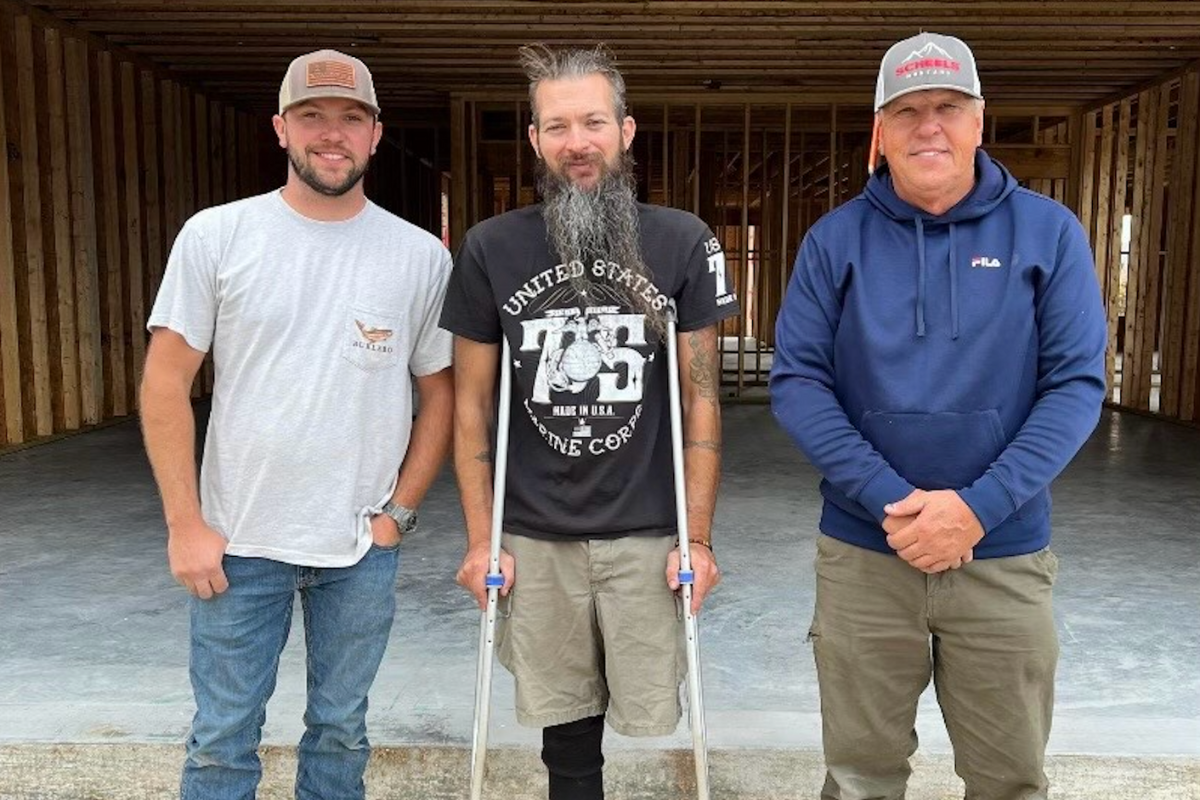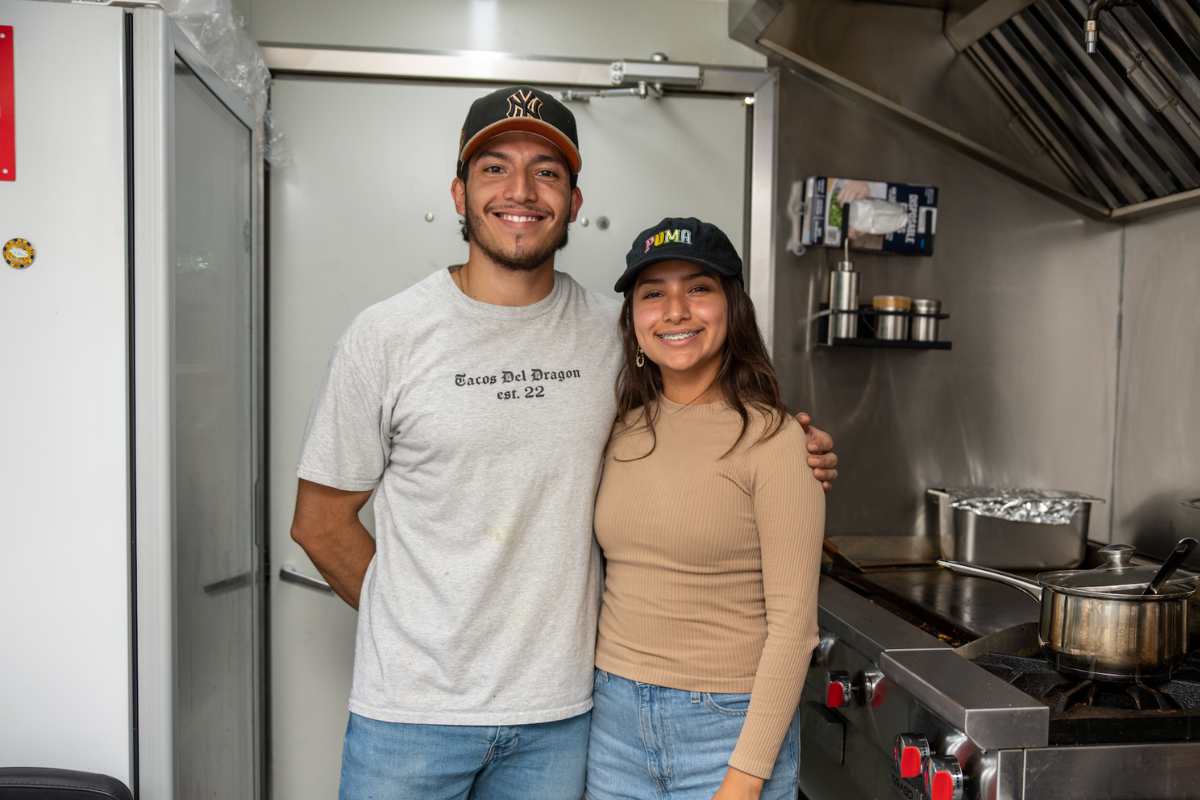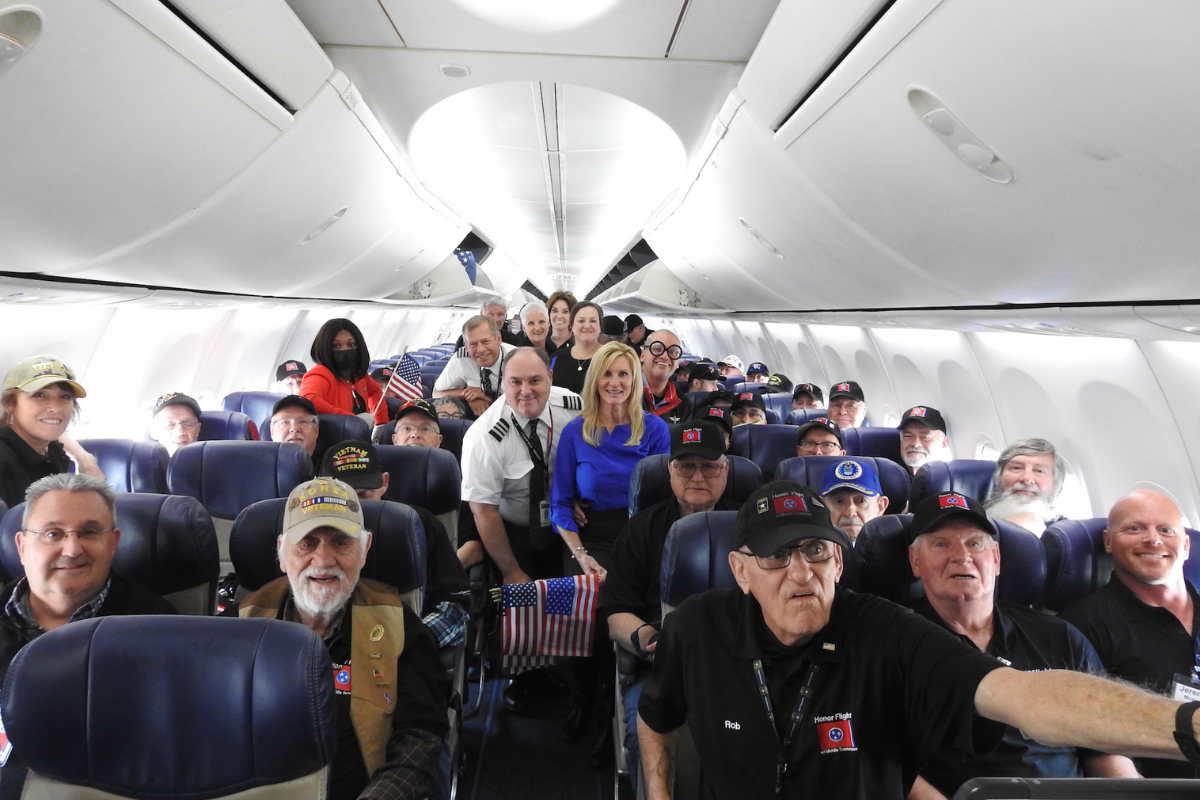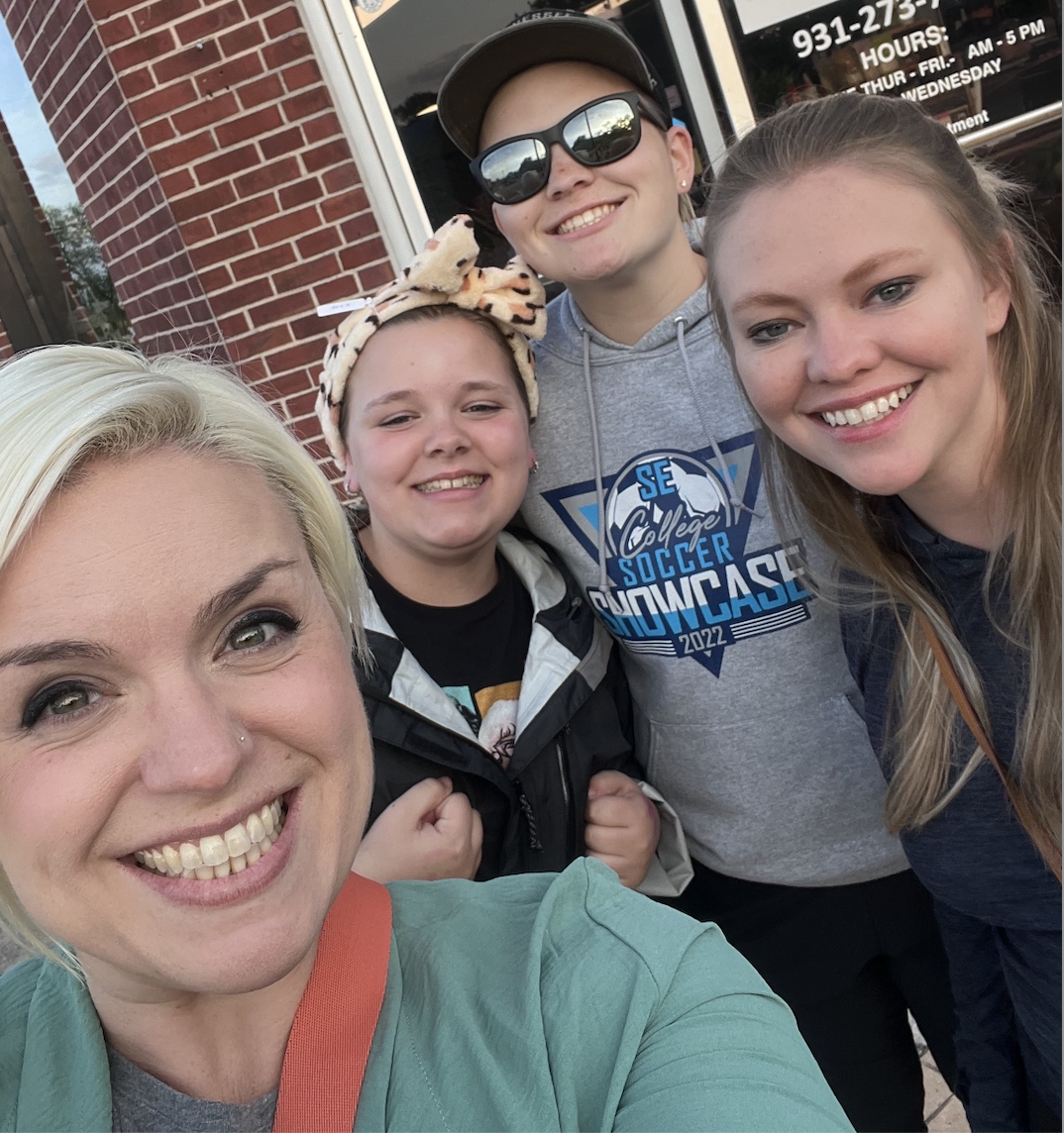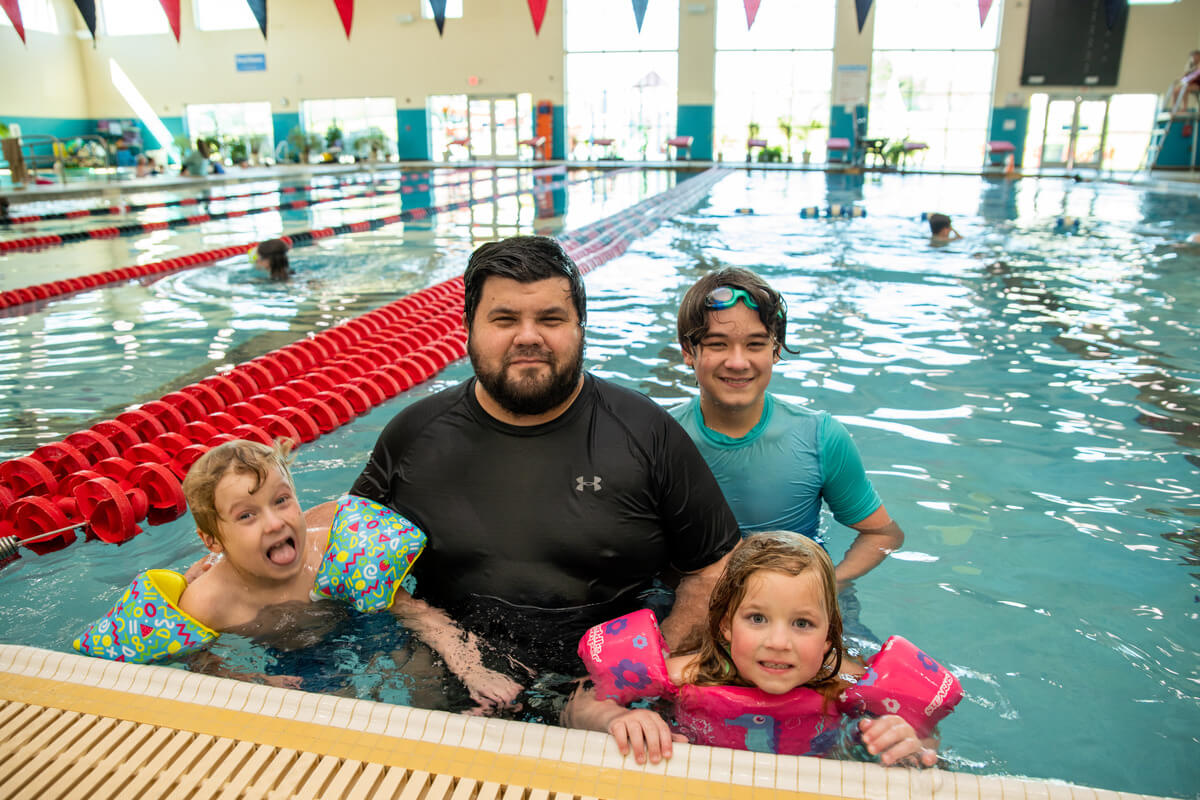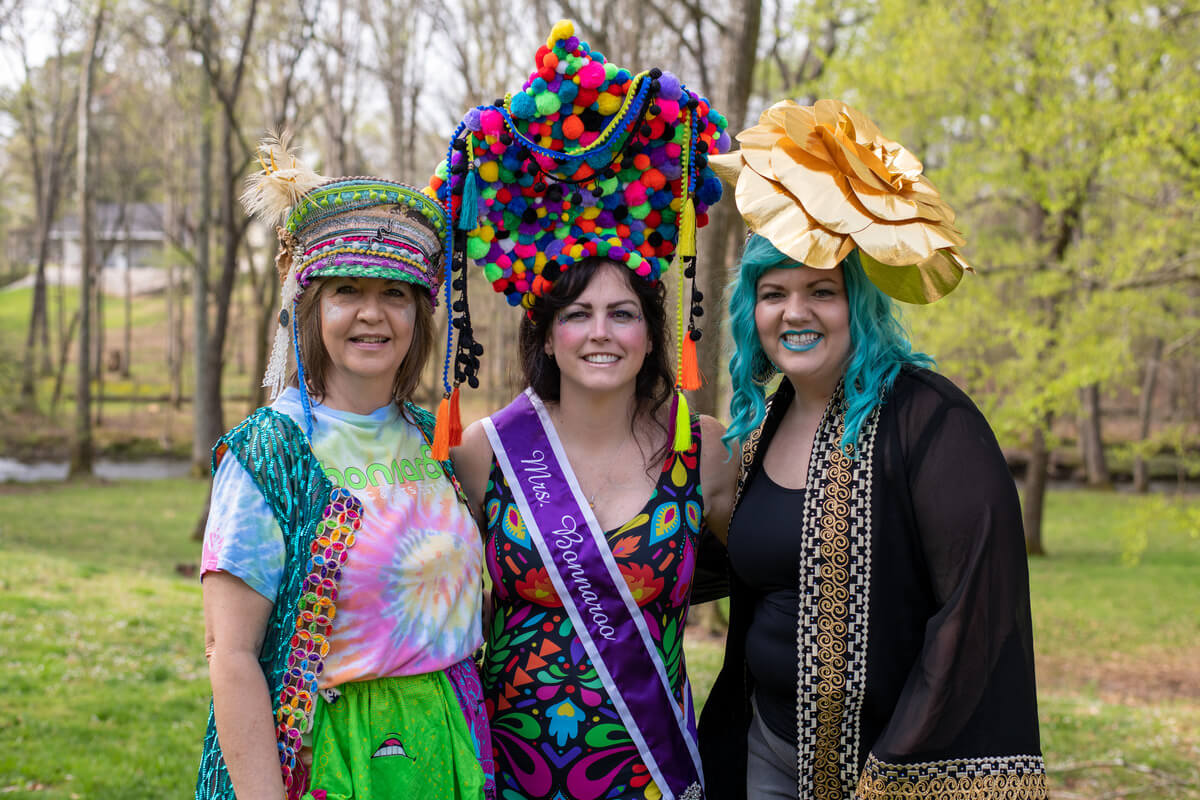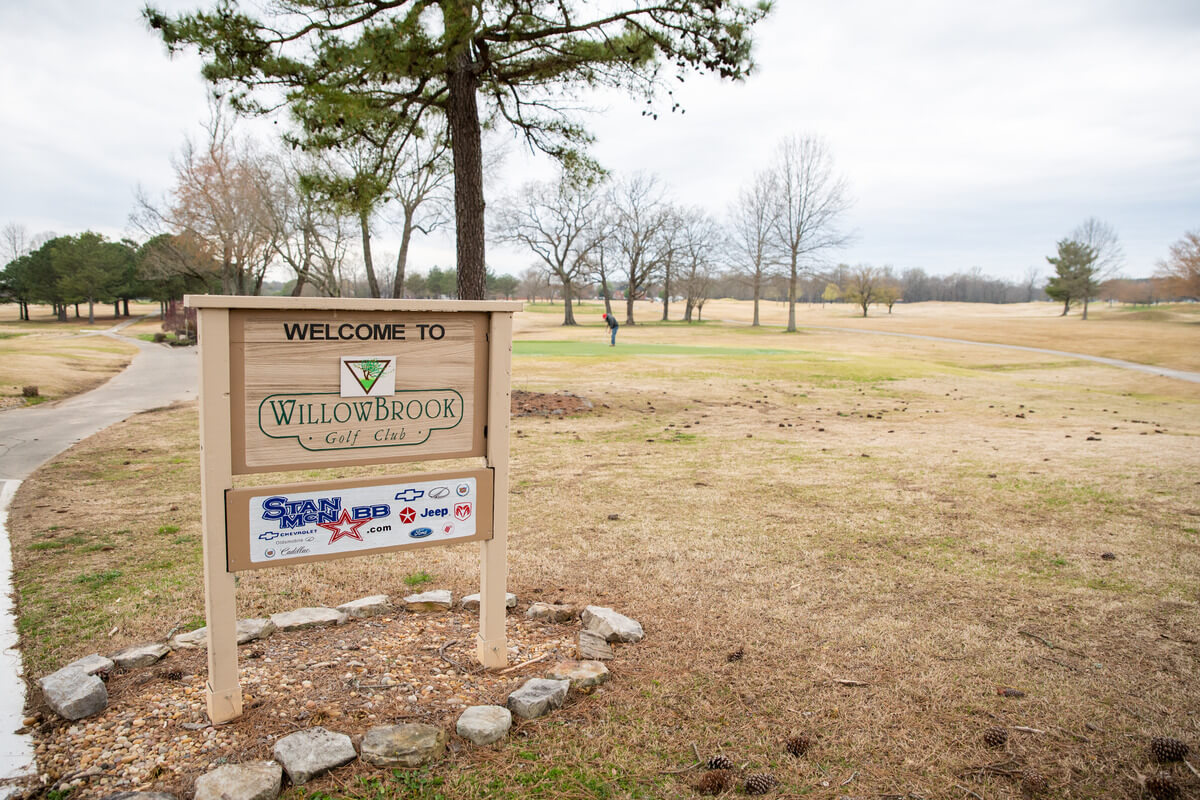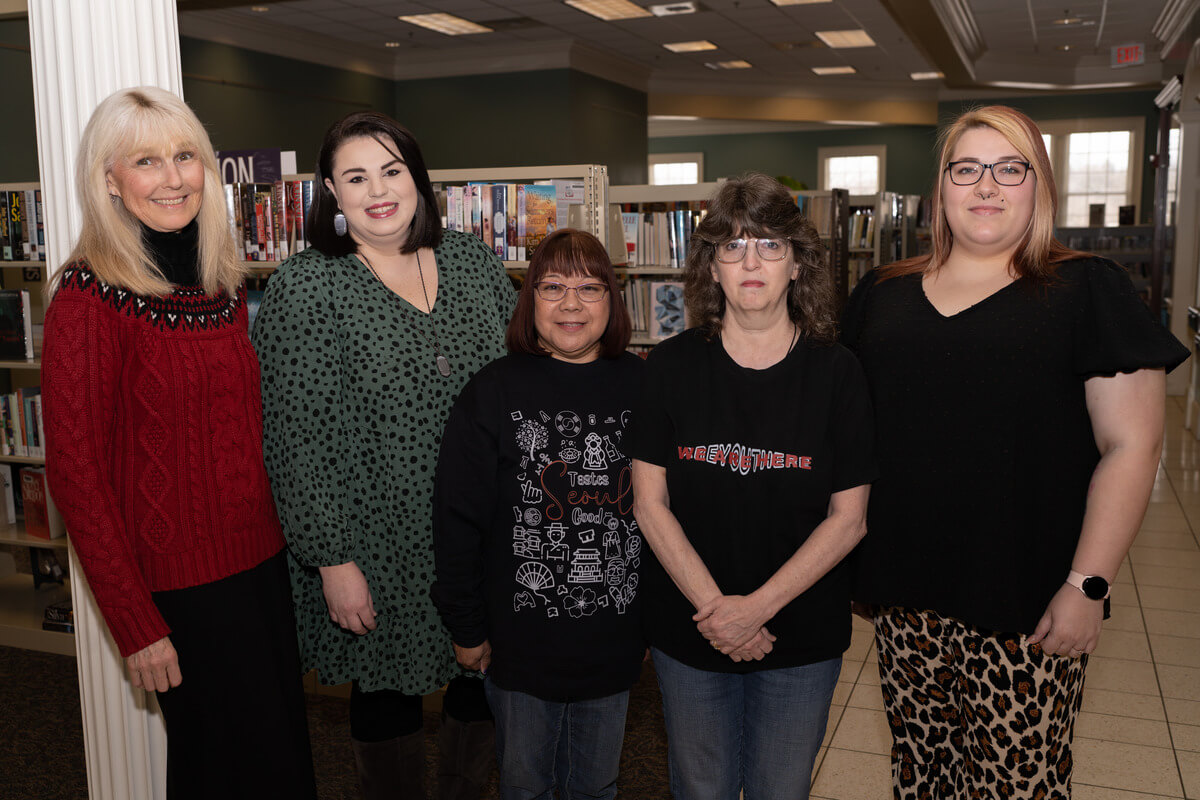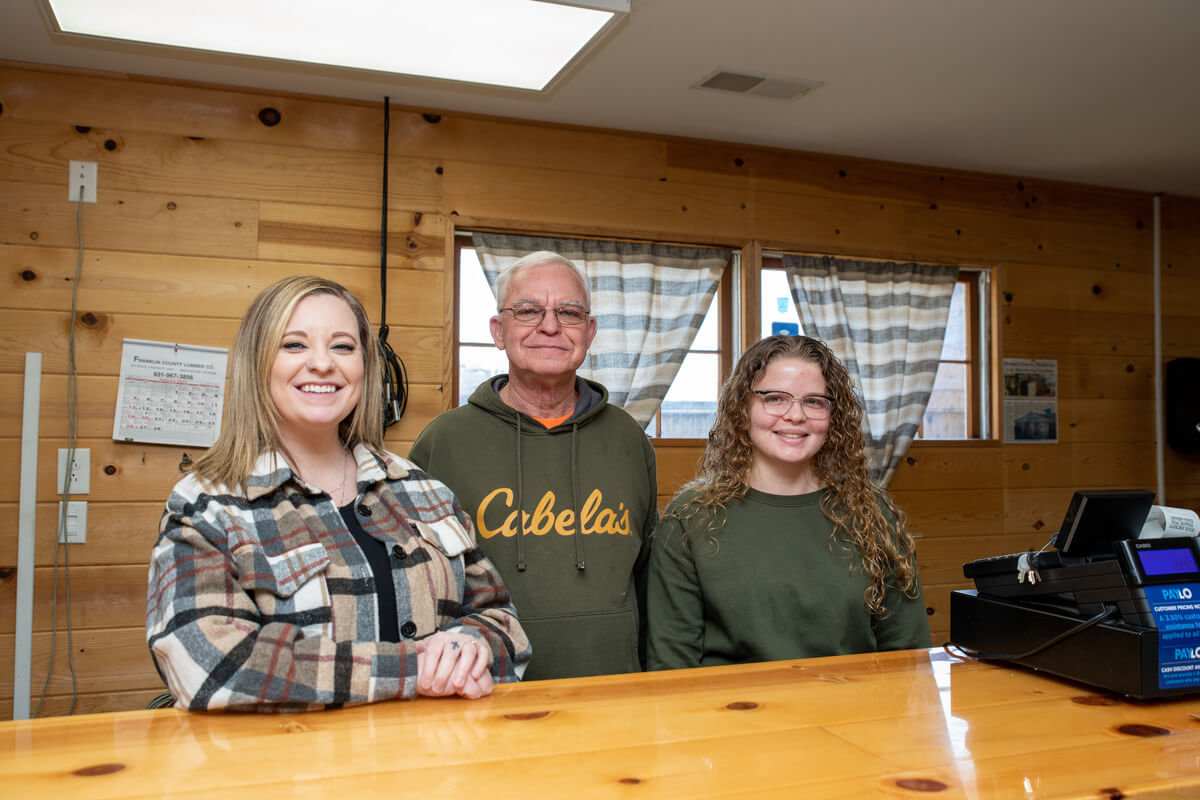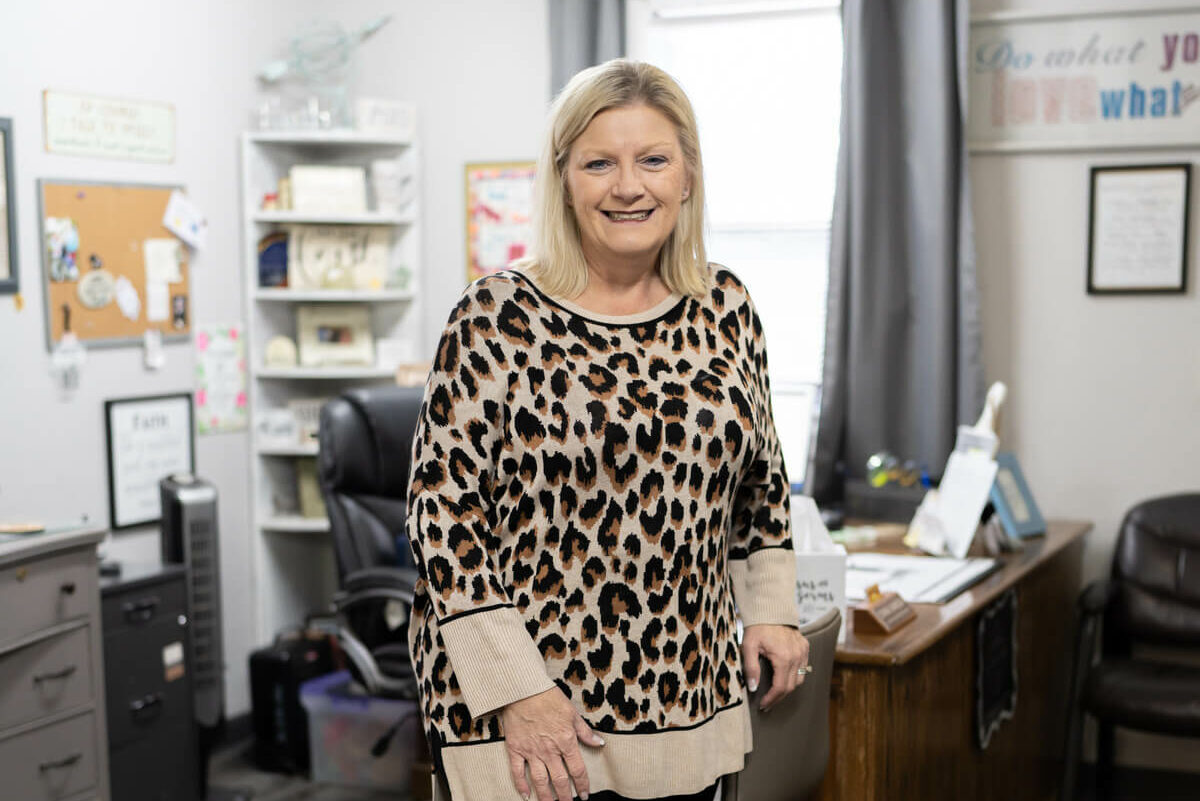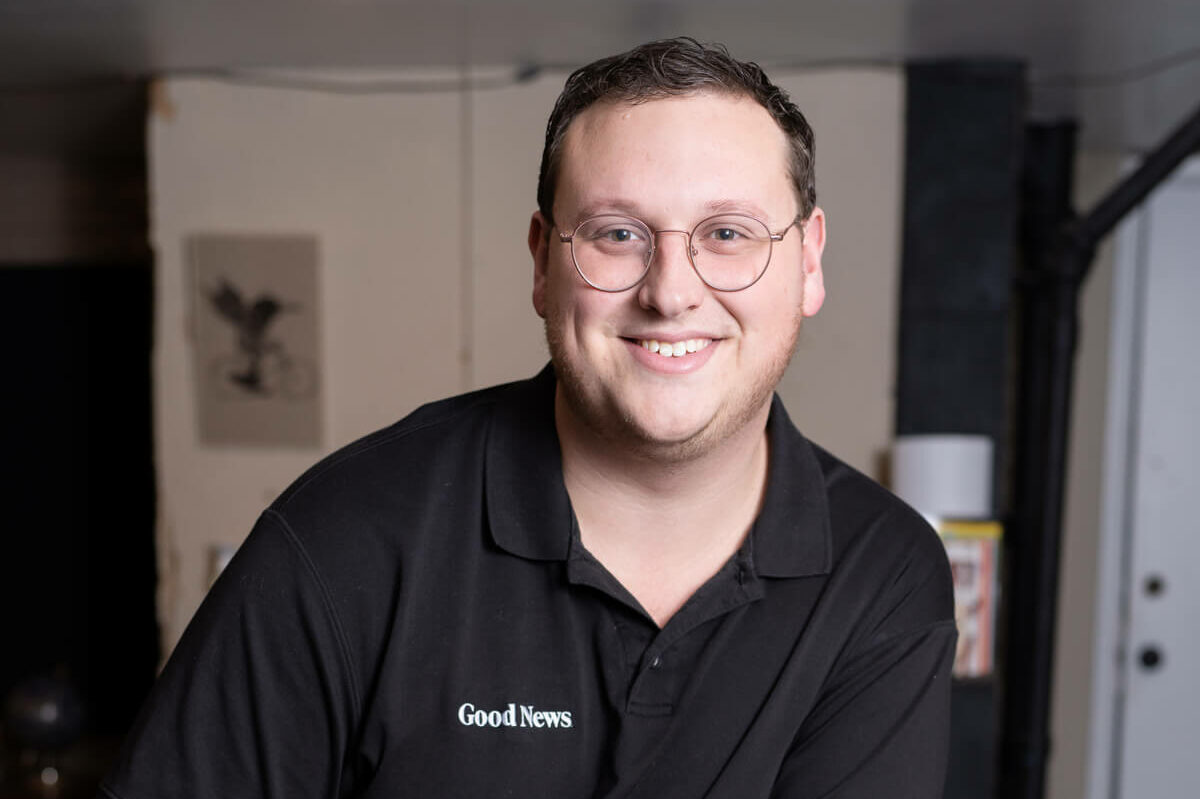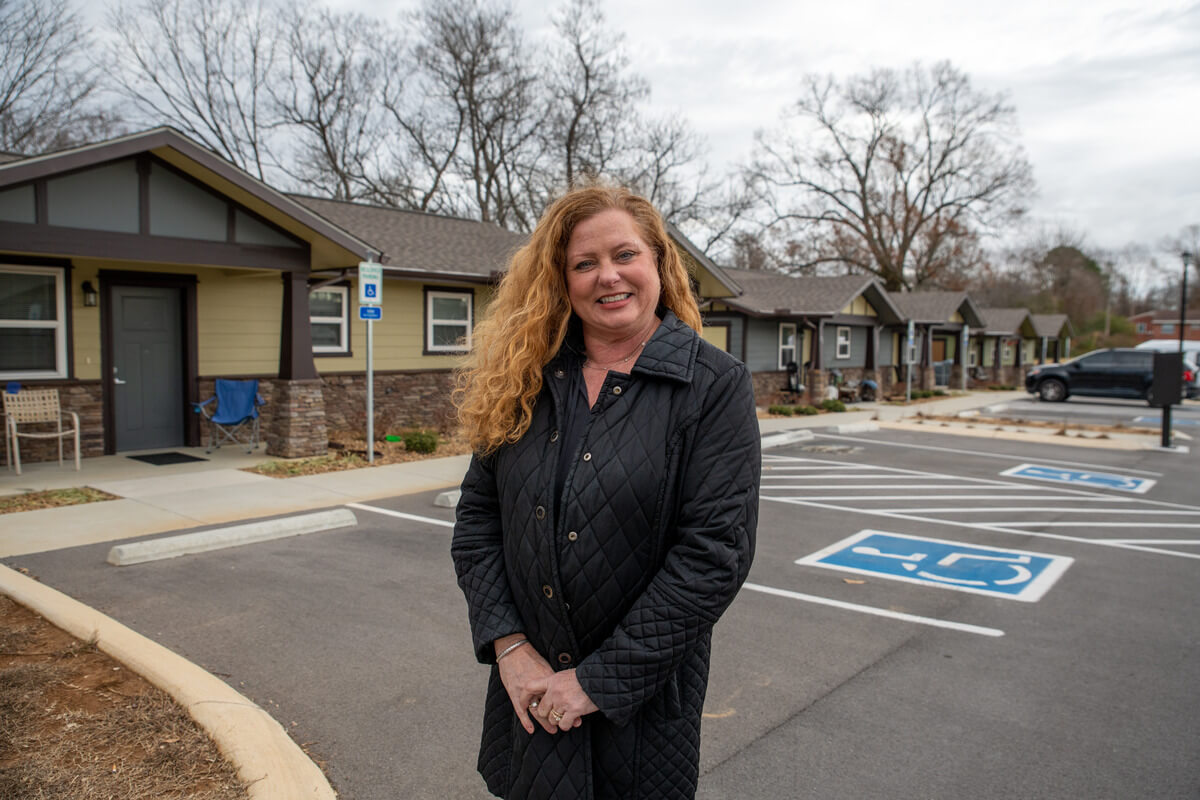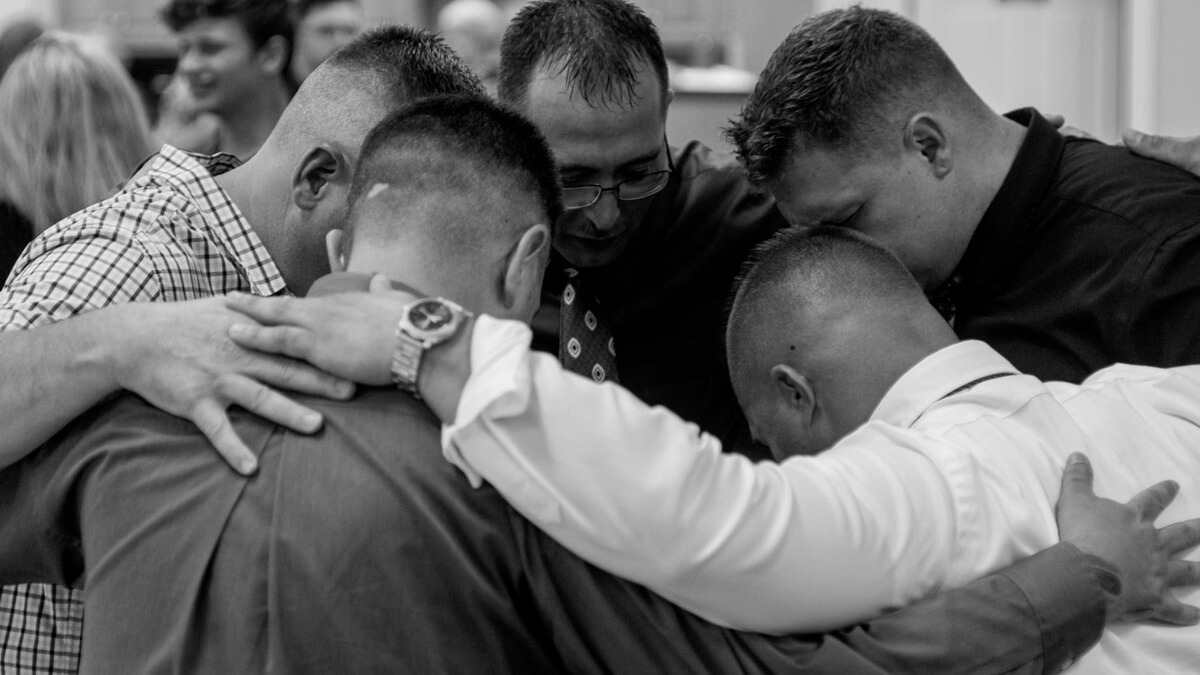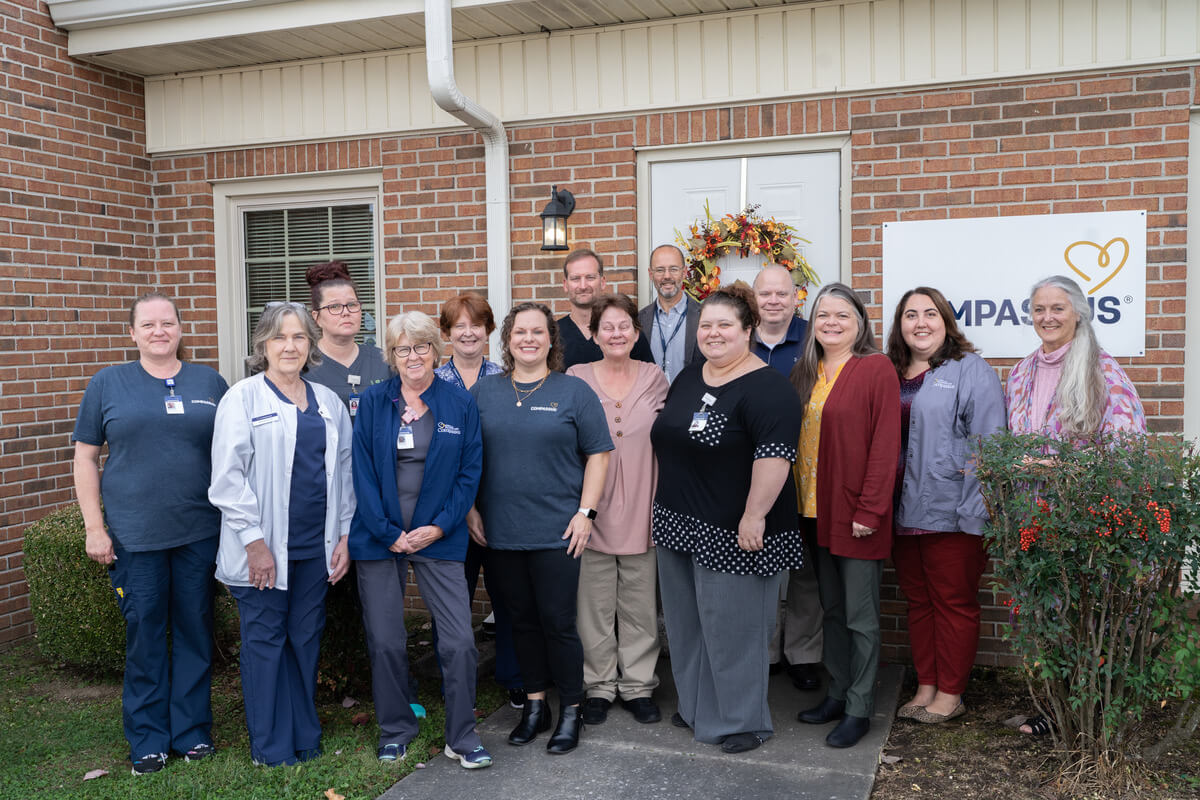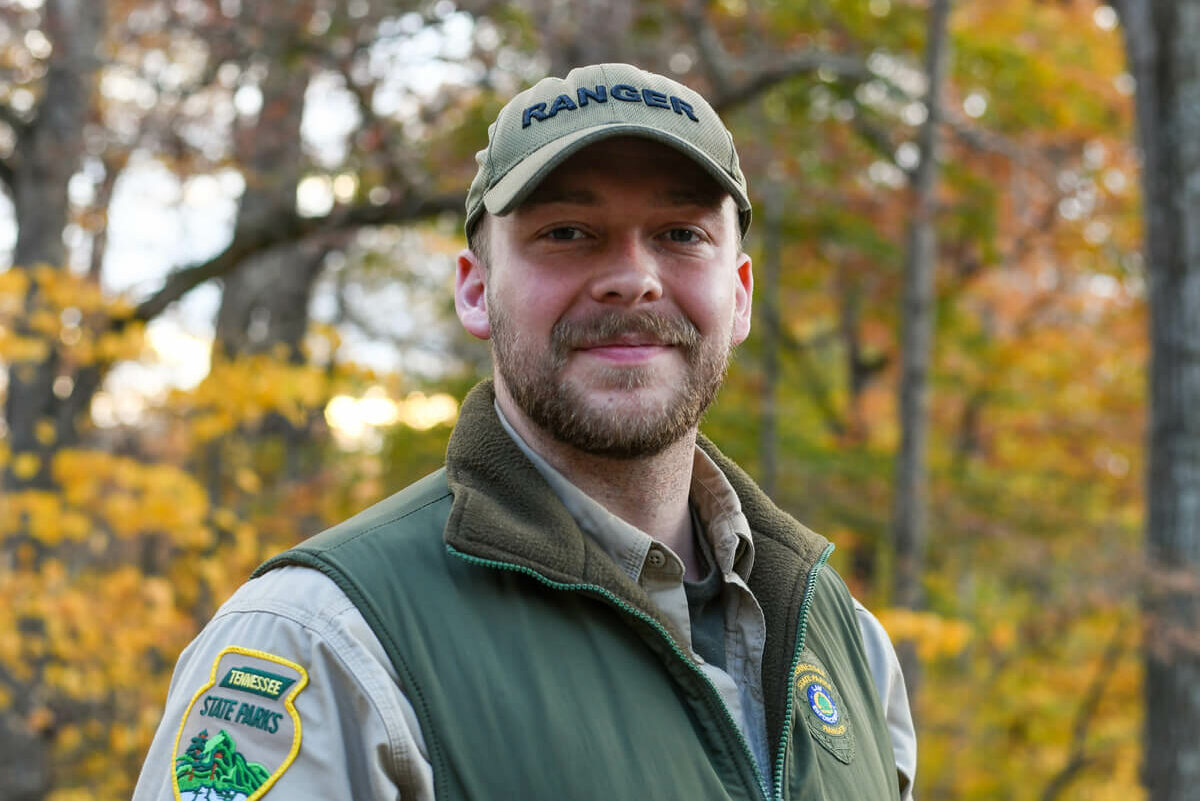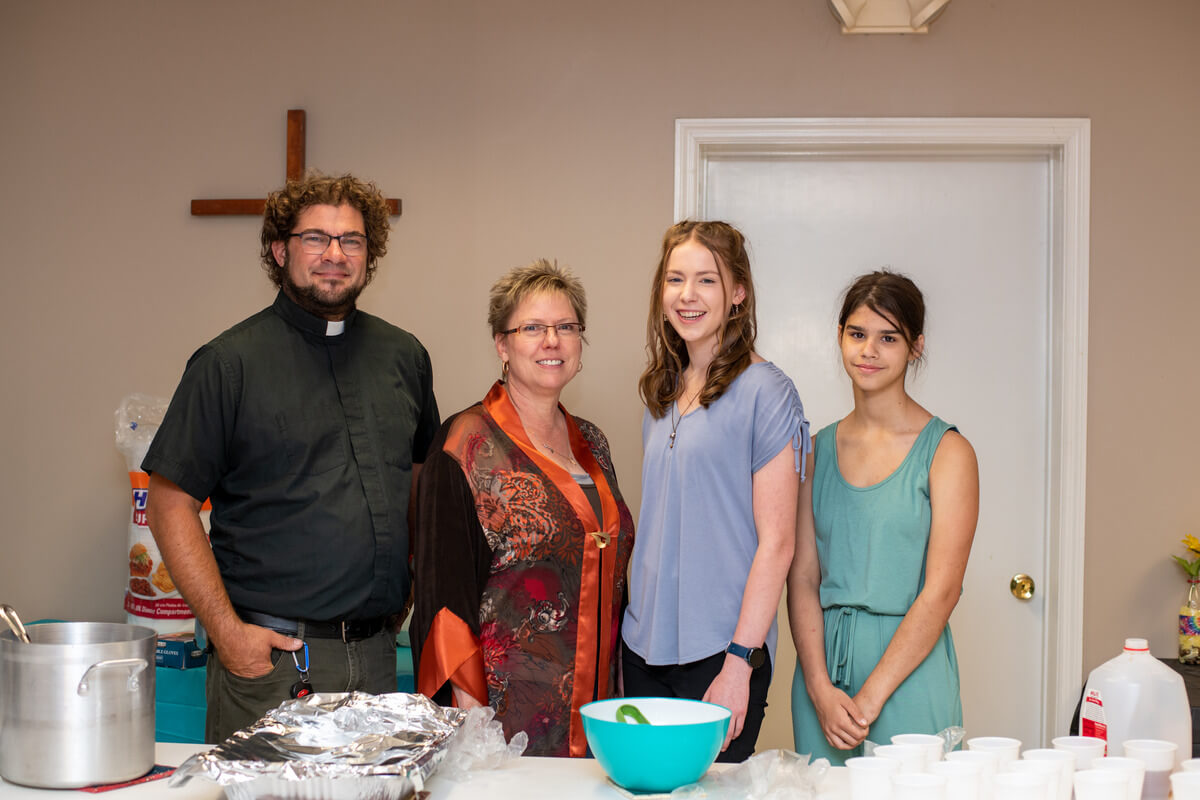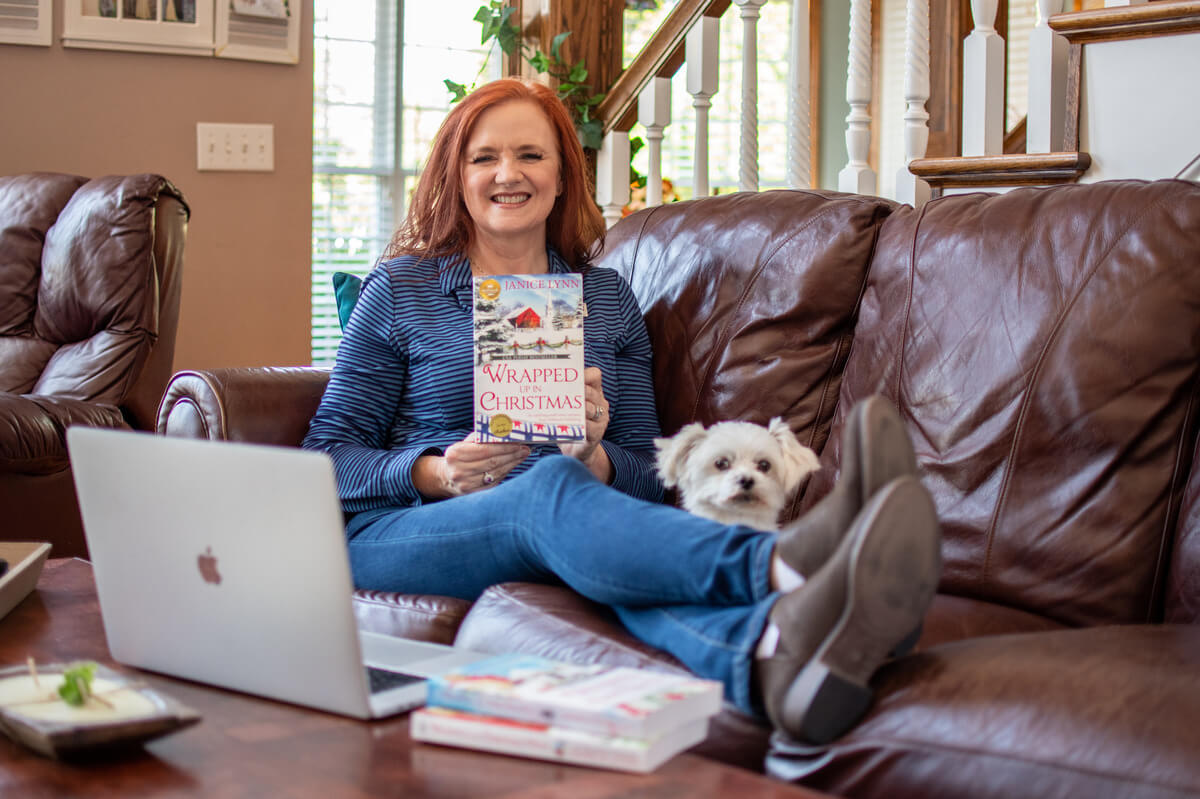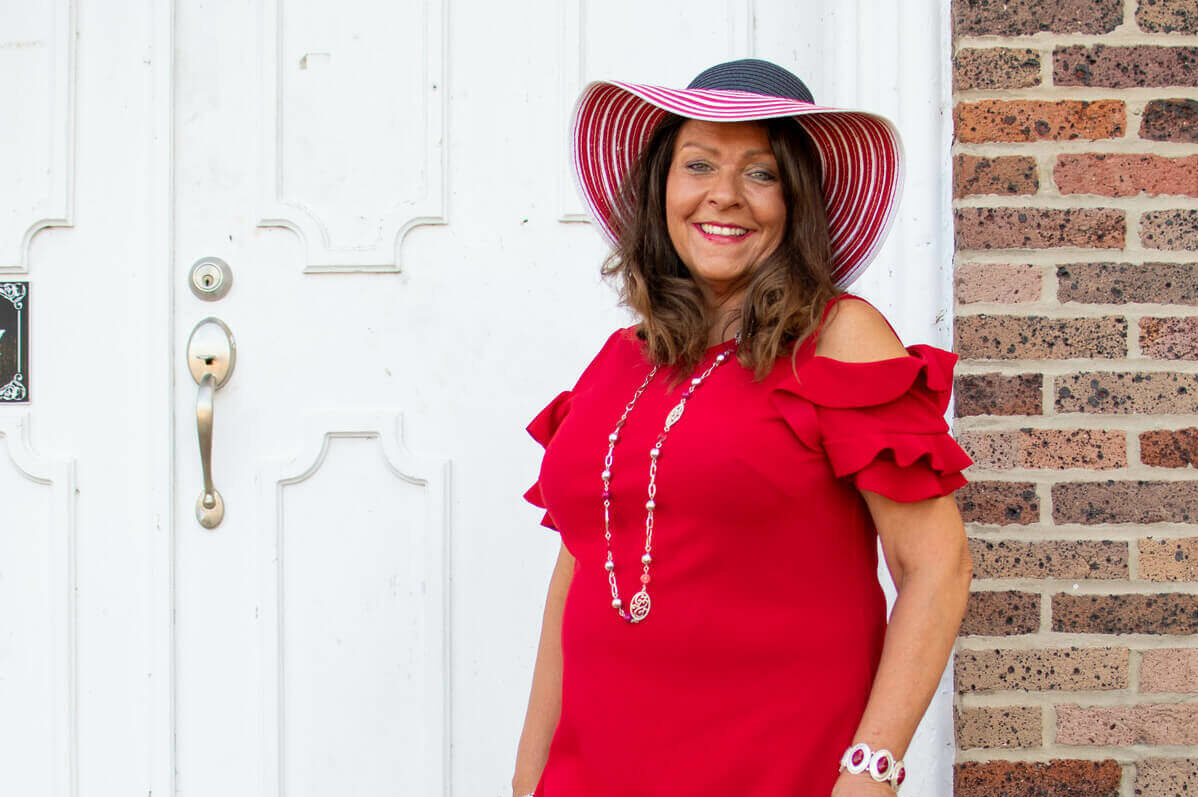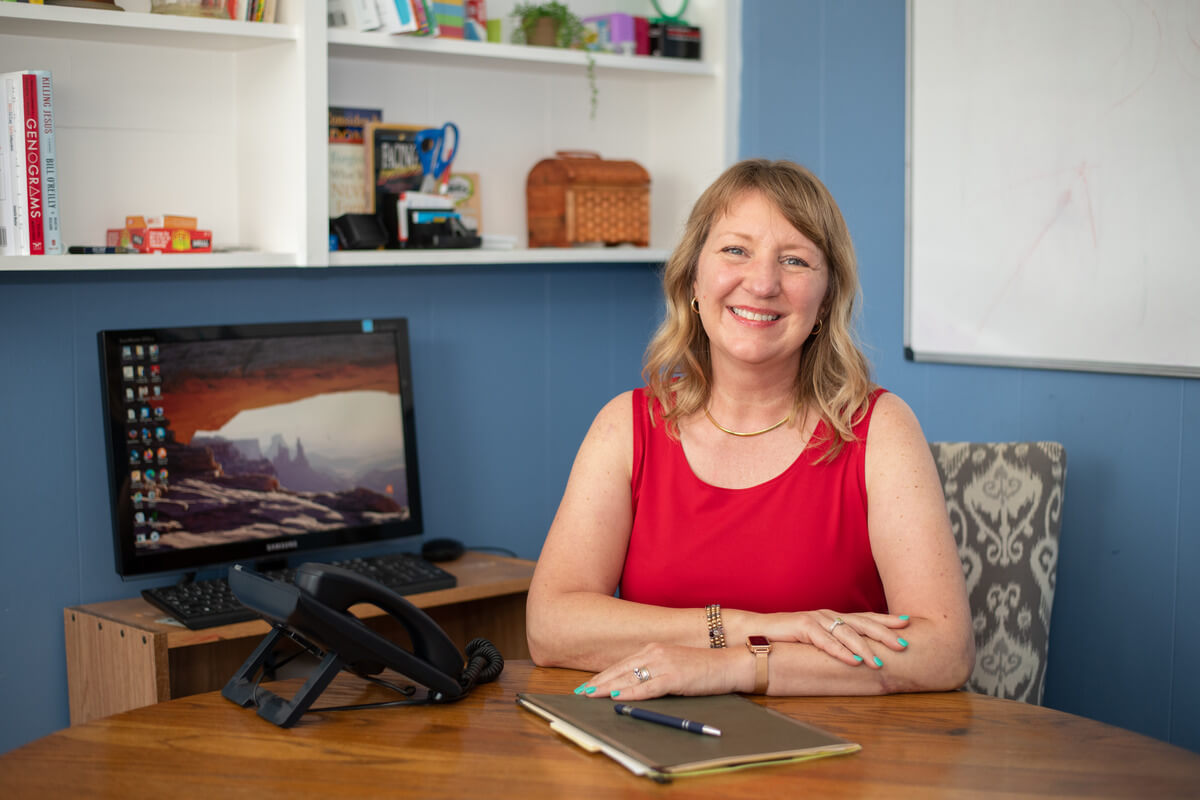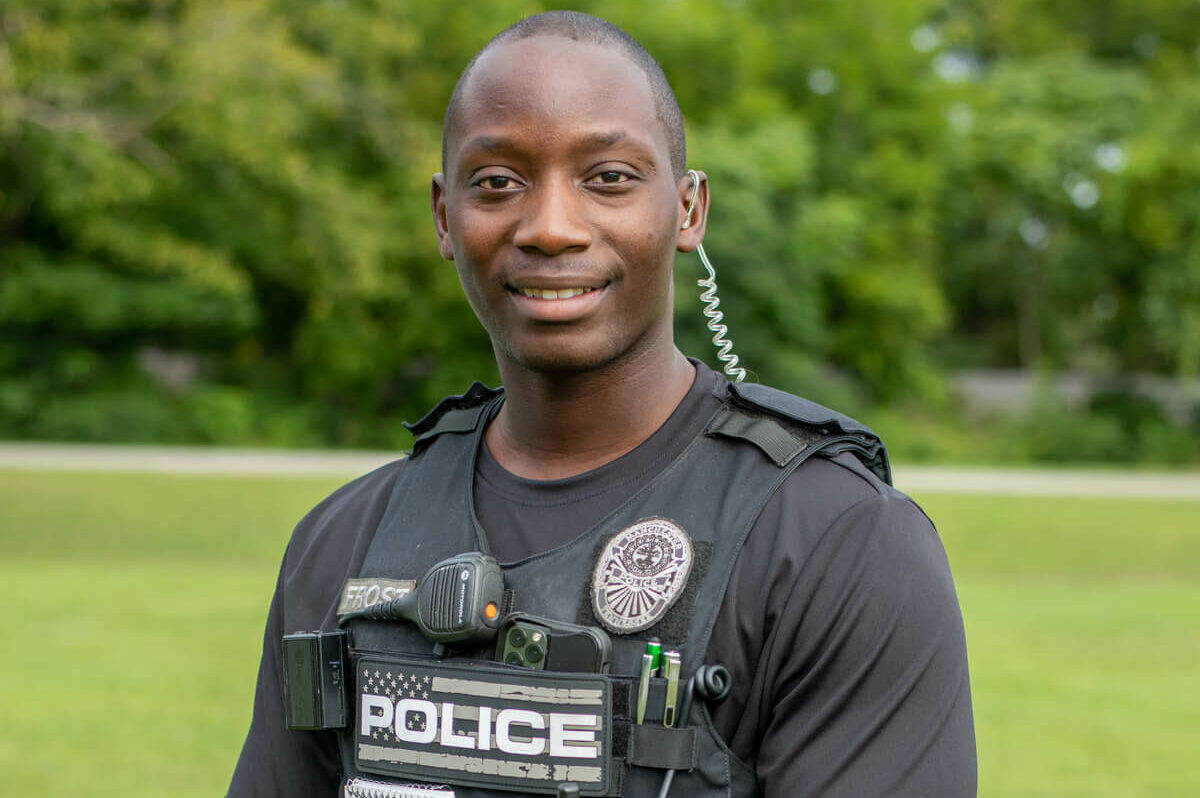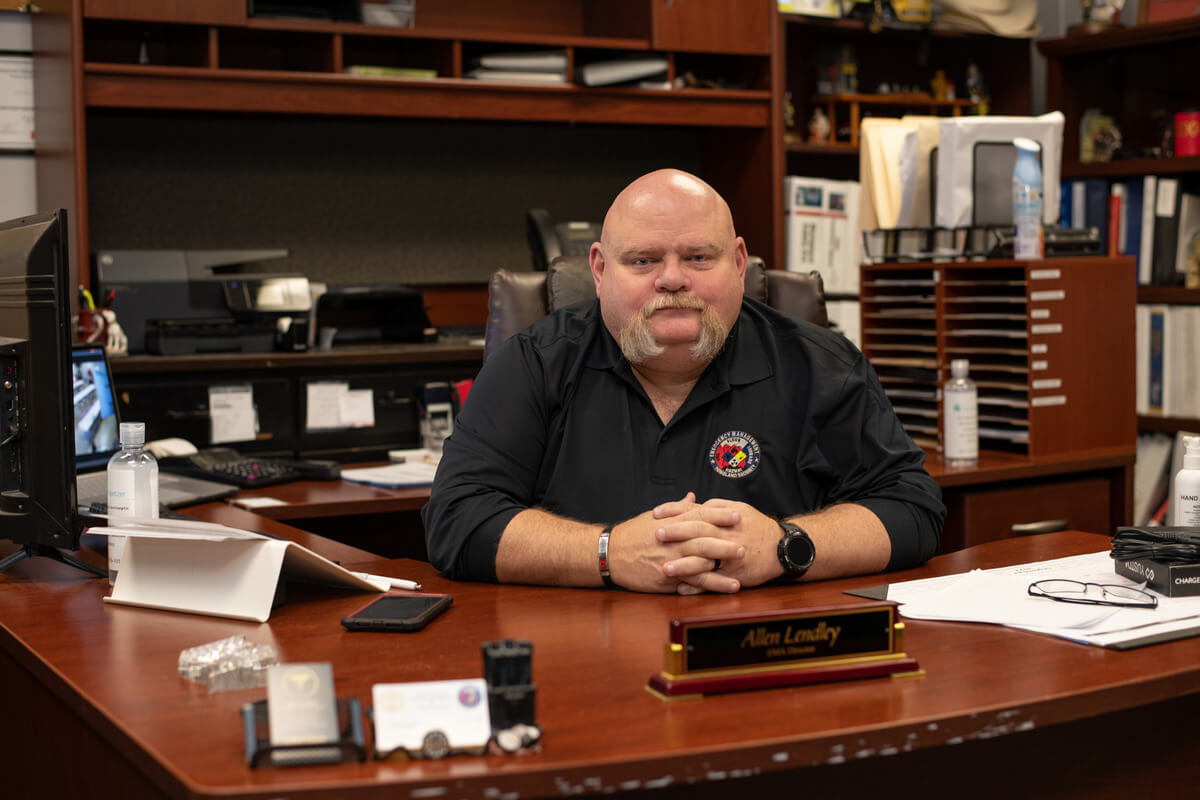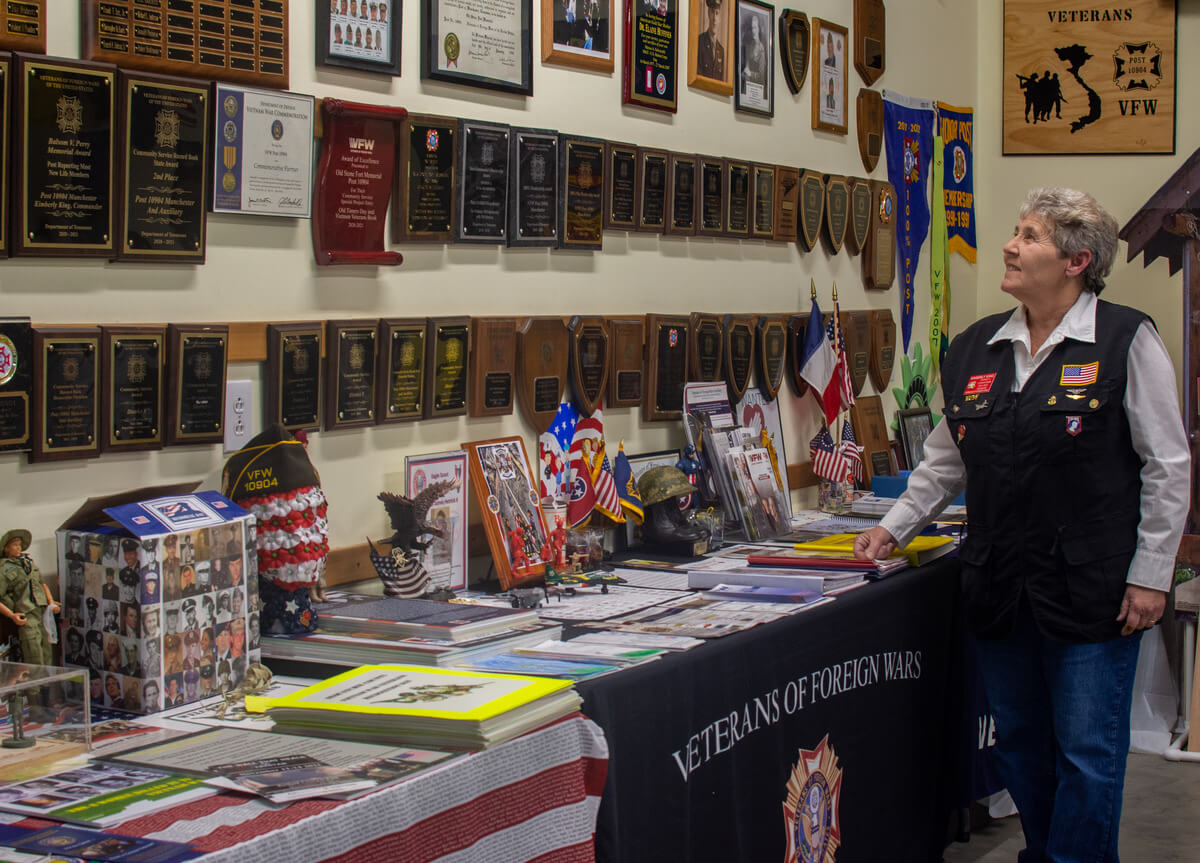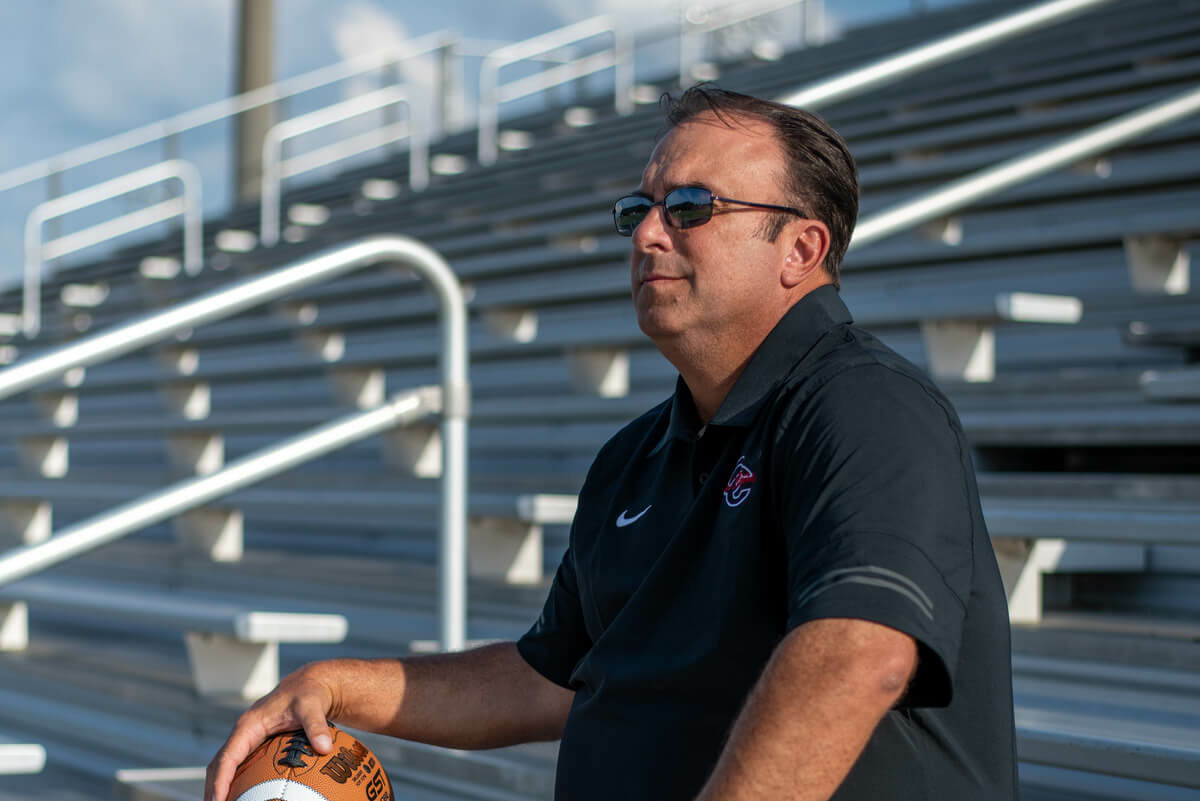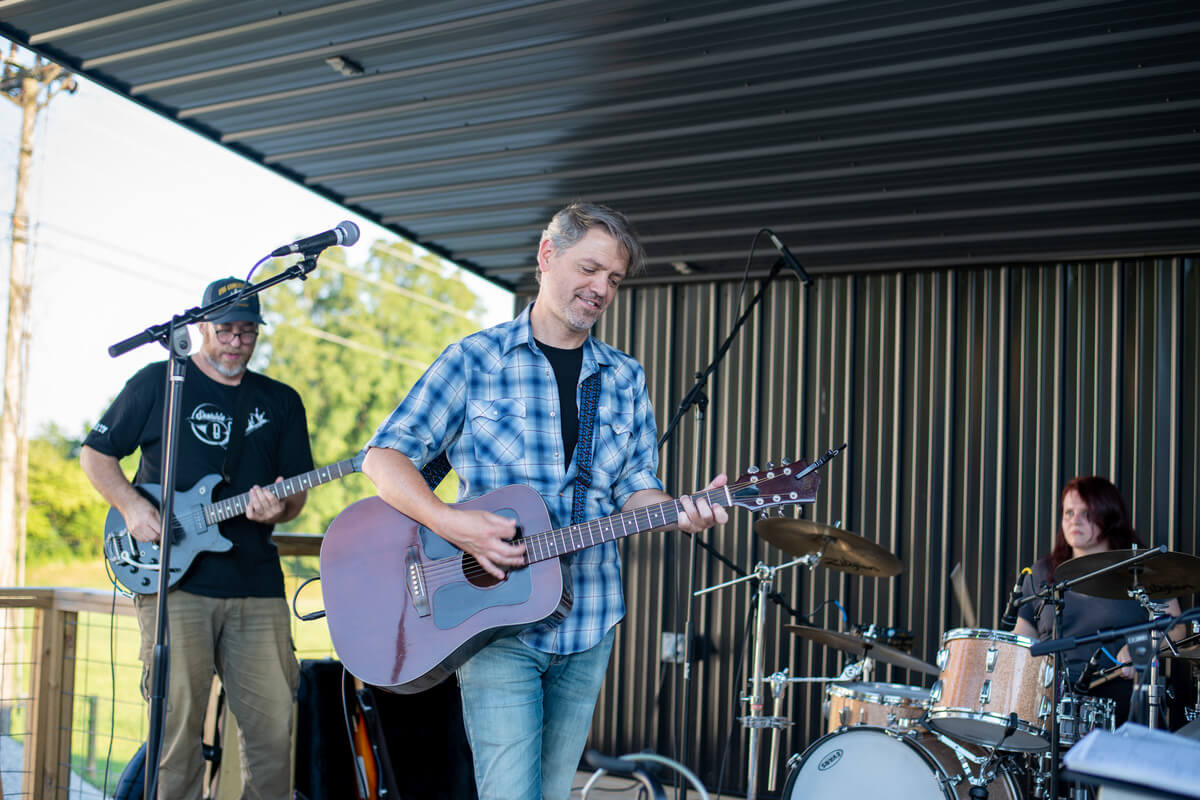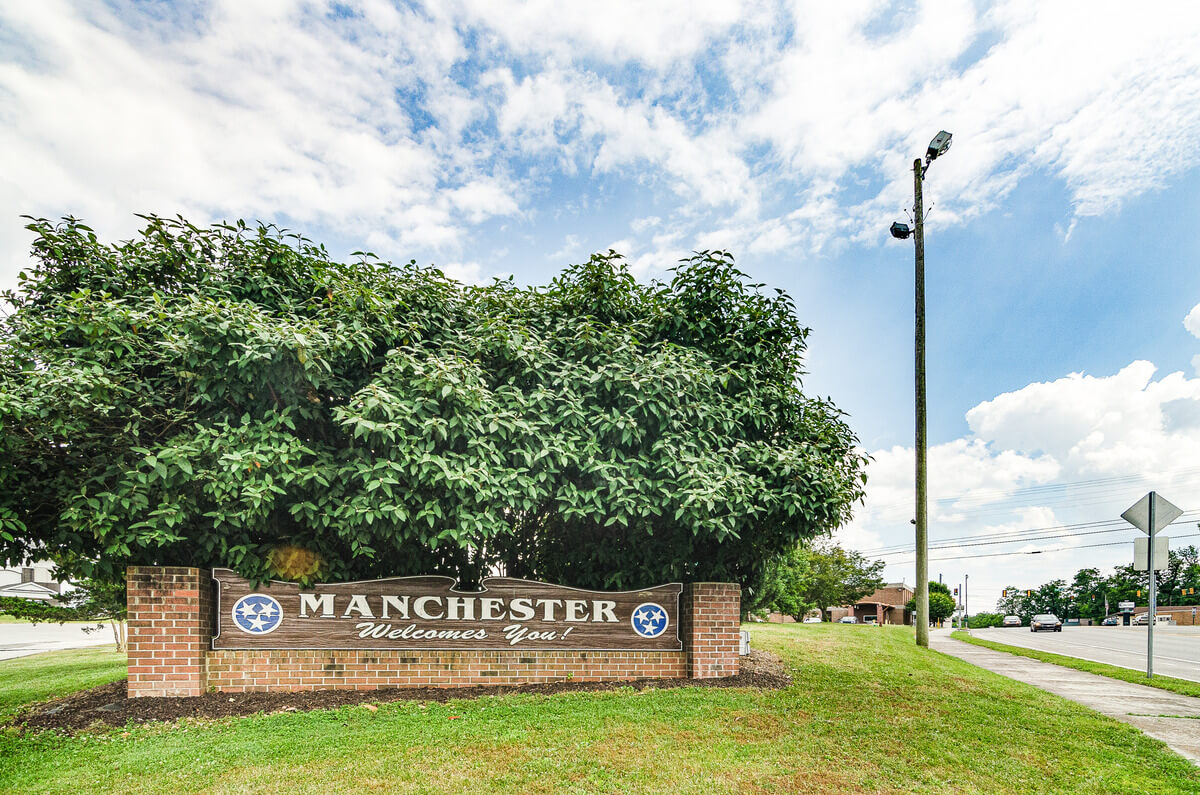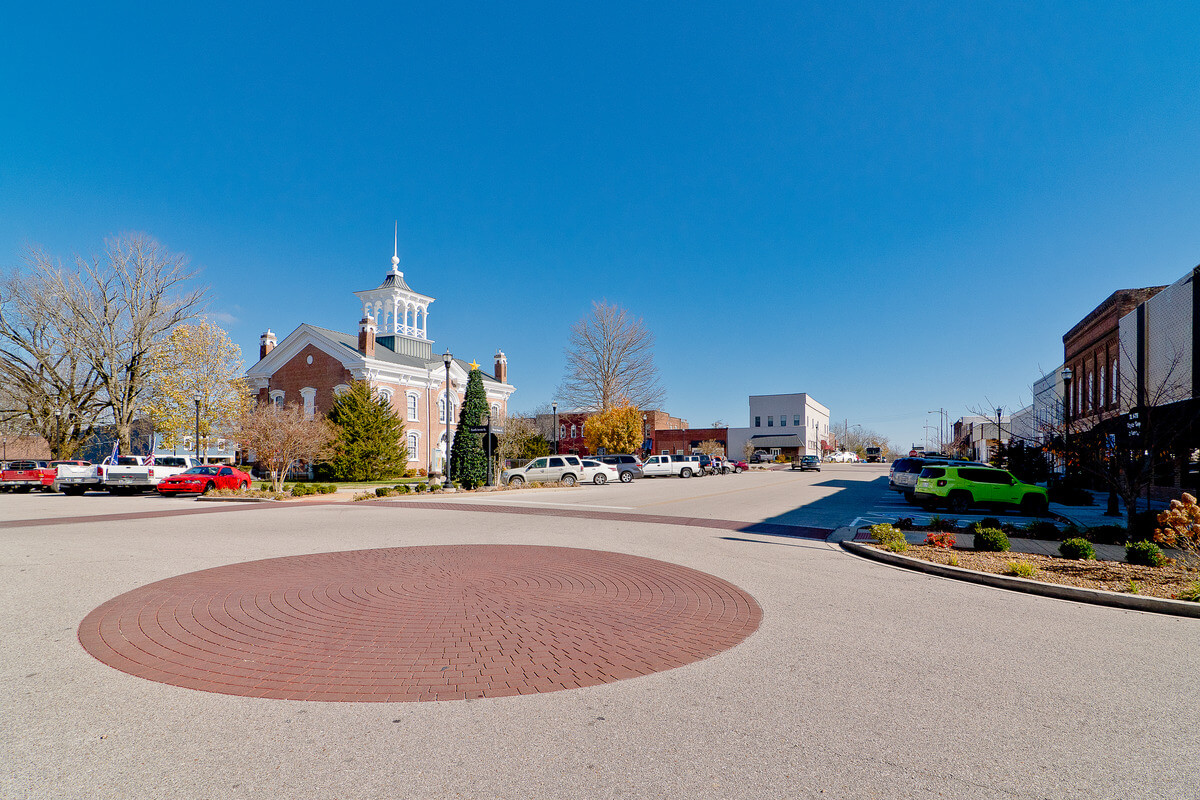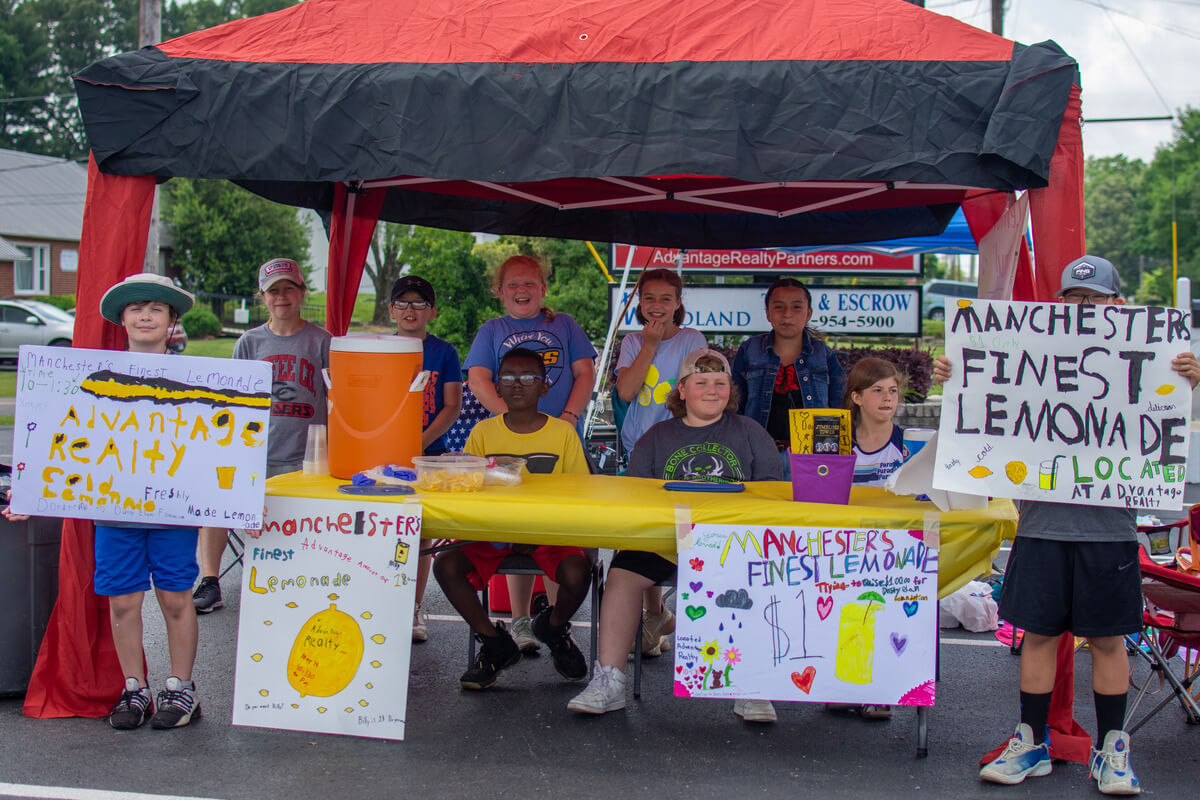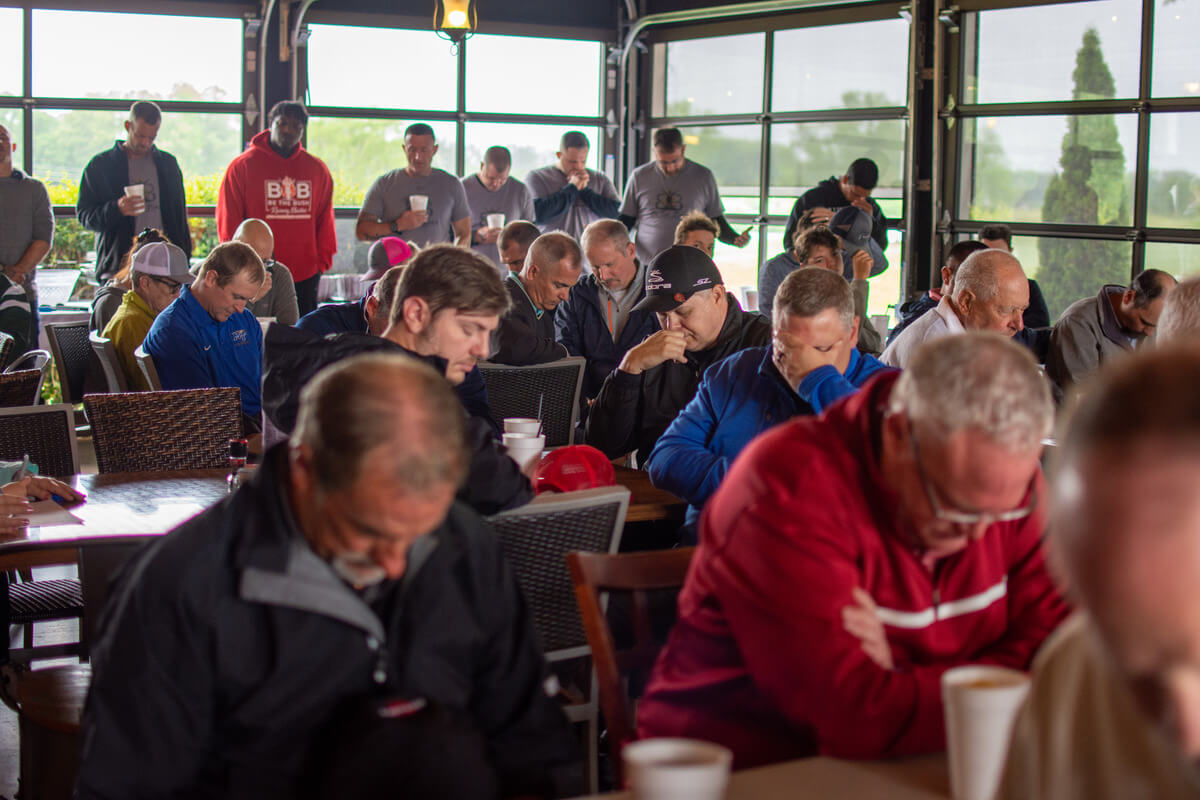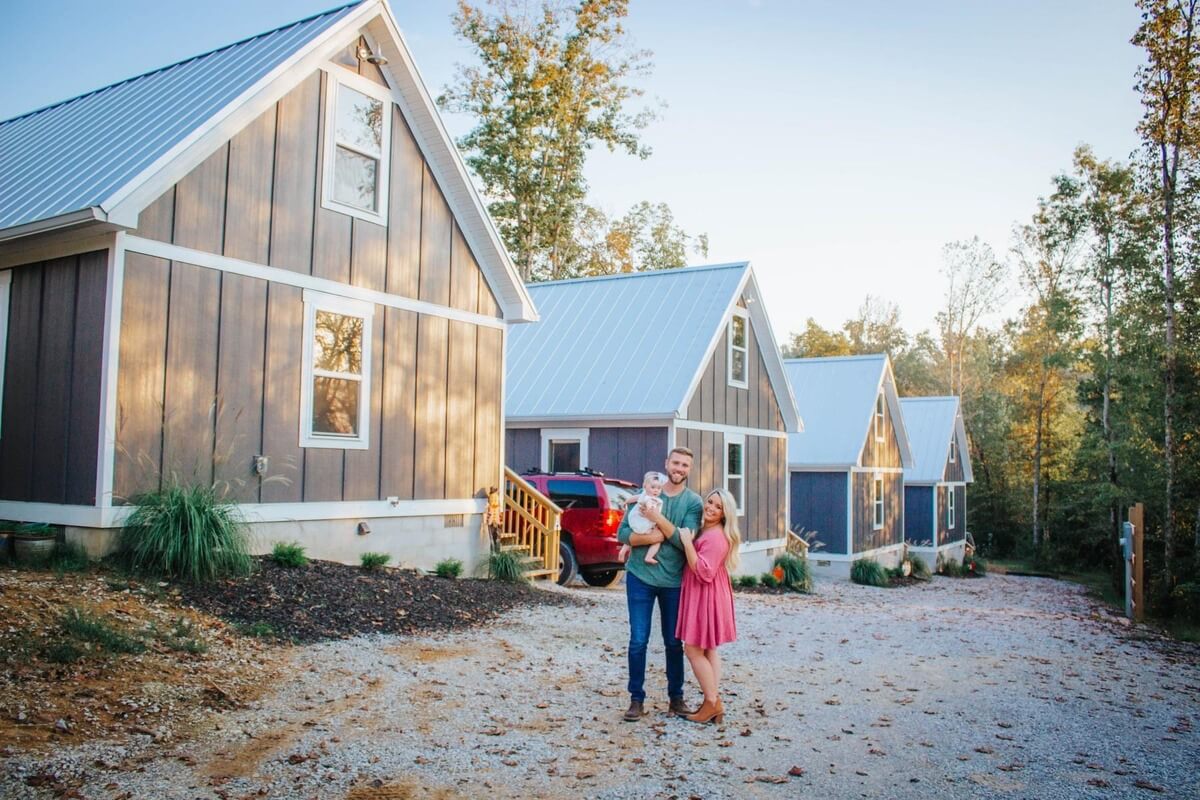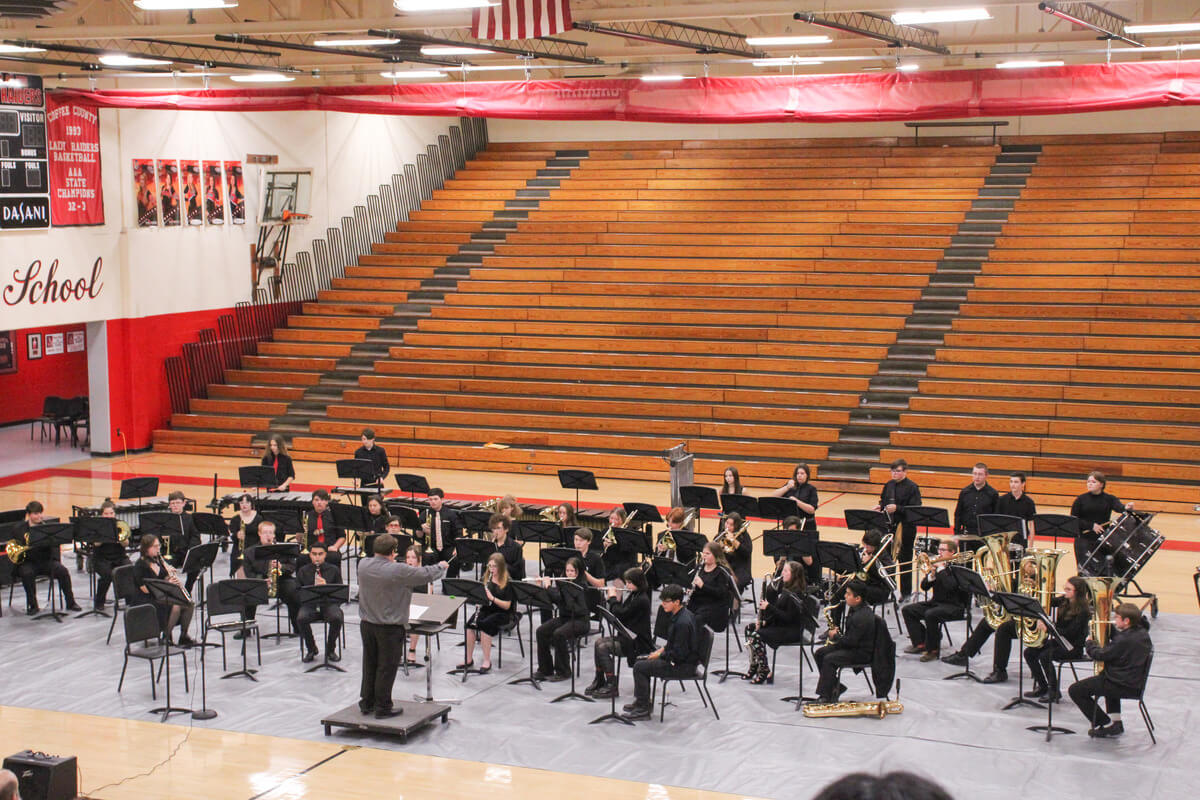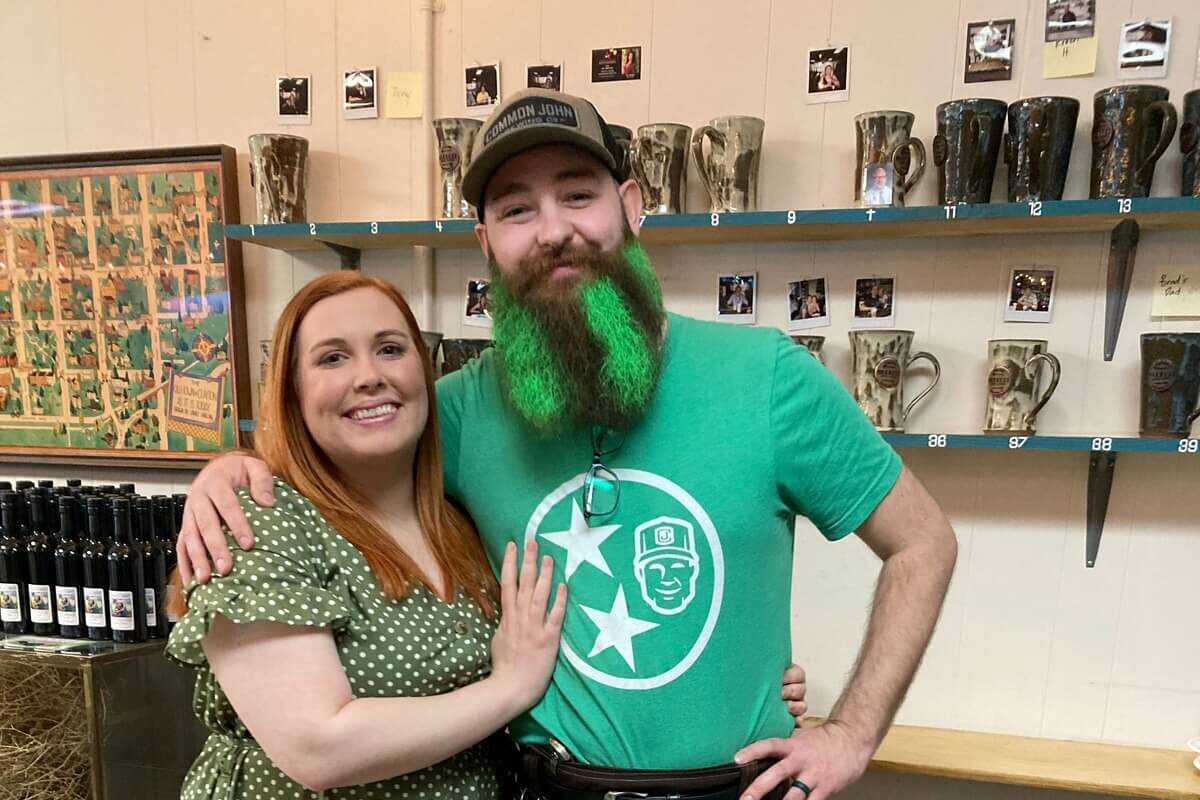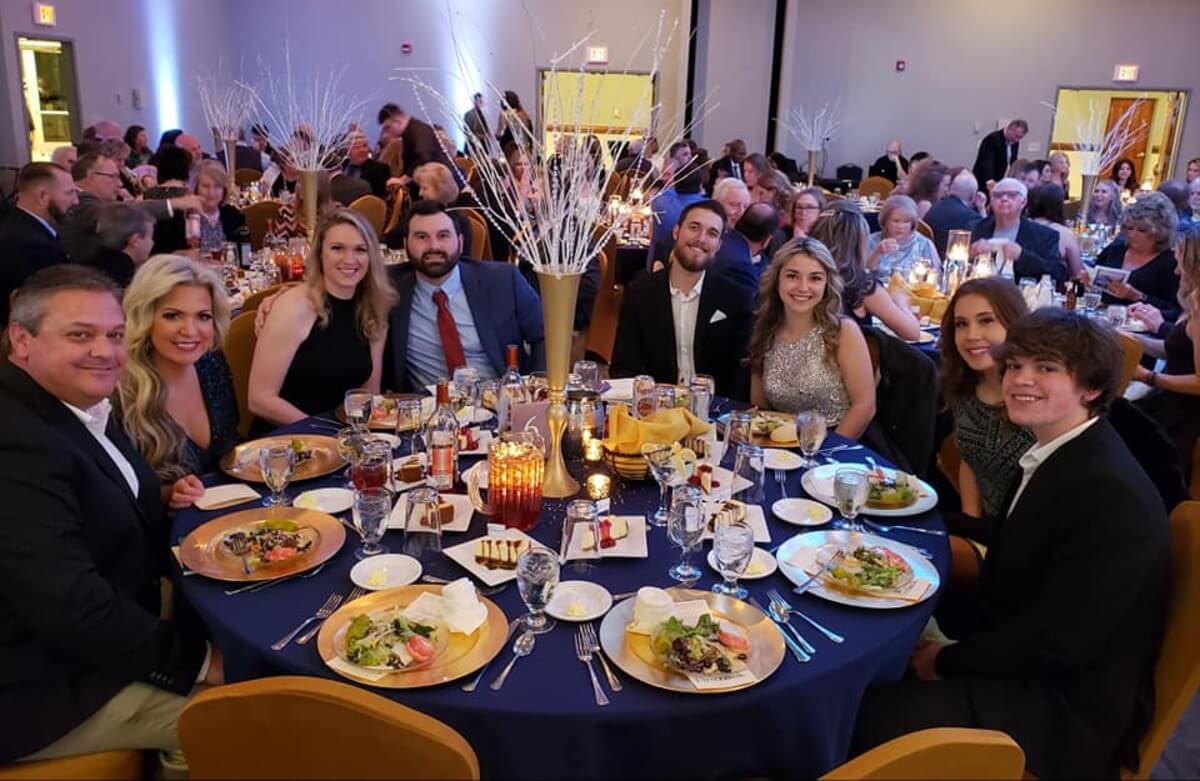PASTOR JACOB Schofill, a soft-spoken yet passionate man of faith, never imagined how much his life would change after receiving a call from a street evangelist named Jason Belyew. Belyew, a Chicago native with a heart for the underserved, was surveying the Manchester area, praying for ministry opportunities. One day, he noticed something unusual: a woman carrying groceries on her head — a sight more reminiscent of Haiti than small-town Tennessee.
Belyew’s curiosity and benevolence led him to a nearby motel, where three Haitian men greeted him cordially. Their conversation — carried out through broken sentences and Google Translate — revealed a hidden community of Haitian refugees living in motels across Manchester. Belyew, moved by their stories, called Schofill, who at the time was occupied with his own church activities and urged him to visit.
“Brother,” Belyew said with conviction, “We are called to be the church, not do church.” Those words rang in Schofill’s heart, compelling him to take action.
When Schofill arrived at the motel, he found something both heartbreaking and humbling. Families were crammed into small, stuffy rooms — sometimes six to eight people sharing one space. There were no kitchens, supplies, or air conditioning in the sweltering summer heat. Pregnant women, exhausted fathers, and young children struggled to survive in unimaginable conditions, drawing water from outdoor spigots and struggling to scrape together the $400 weekly motel rent.

But what stood out most to Schofill was their persistence and faith. Despite the hardships, these refugees carried themselves with dignity and what Schofill believed was a steadfast belief in God’s provision. They wanted work, education, and the chance to create a better life.
“When I met them face to face, it was very simple. They needed help, and as Christ’s followers, we are told to listen and to help others — to love our neighbor — no matter who they are or where they are from,” he said.
He continued, “They’ve done everything legally. They want to follow the laws. America is a beautiful melting pot, and it’s great to see people come here for refuge. One of the first things they want to run toward is the church so they can have community, safety, and grow together in God.”
With the help of his father, a retired teacher, and his small congregation at Victory Baptist Church of 30 to 40 members, Schofill set out to meet the most immediate needs: food, water, clothing, and English. They began by organizing English classes on Saturdays at the church, understanding that learning the language was key to the refugees’ independence.
The first class was led by faith. Equipped with Duolingo, prayers, and motivation, Schofill prepared a simple lesson on pronouns and basic sentences. With each class, Schofill became more inspired to continue building relationships, restoring hope, and being what he believes is the hands and feet of Christ.
Each Saturday, volunteers pick up the refugees, many of whom walk miles during the week to find odd jobs or run errands. The church provides a warm, welcoming space for them to learn, share a meal, and experience community. Glee mixed with eager conversation abound as Haitian men, women, and children practice their English phrases and bond with their American neighbors. The meals, often donated by partnering churches, are both sustenance and an offering of love.

However, Schofill has heard heartbreaking stories along the way. Fathers separated from their families call home with tears in their eyes, desperate to provide but unable to find work. The father receives a call from his family, with his children asking, “Dad, we’re hungry. We don’t have a house. When can you send us money?” He’s torn — telling them the truth about his struggles would crush their hope, but lying would make him seem selfish.
“As a father myself, it hit me,” Schofill acknowledged.
As word of the ministry has spread, other churches have taken notice. While initial responses from community members were limited, the tide is slowly turning. Victory Baptist Church is now part of a growing network of supporters.
The ministry has been a blessing for the Haitian refugees. They’re learning English, finding jobs, and building connections that will help them transition out of the motels. Perhaps most importantly, they’ve found a place where they’re seen, enriched, and loved. For Victory Baptist Church, that calling has brought both challenges and blessings — but above all, it has brought purpose.
“As a Christian living comfortably, I can’t, in good sense, not help my fellow brother. I cannot ignore him. I don’t think anyone who calls themselves a follower in Christ can ignore a fellow brother in need.”
Through their efforts, Victory Baptist Church’s congregation has grown closer and has discovered new depths of love and compassion for their neighbors. For those inspired by Schofill’s story, there are many ways to get involved. Donations of food, clothing, and learning materials are always welcome, as are volunteers for English classes and transportation.
In Manchester, a community of faith is proving that love knows no borders — and that when we listen to the needs of our neighbors, we find ourselves transformed in the process. GN













